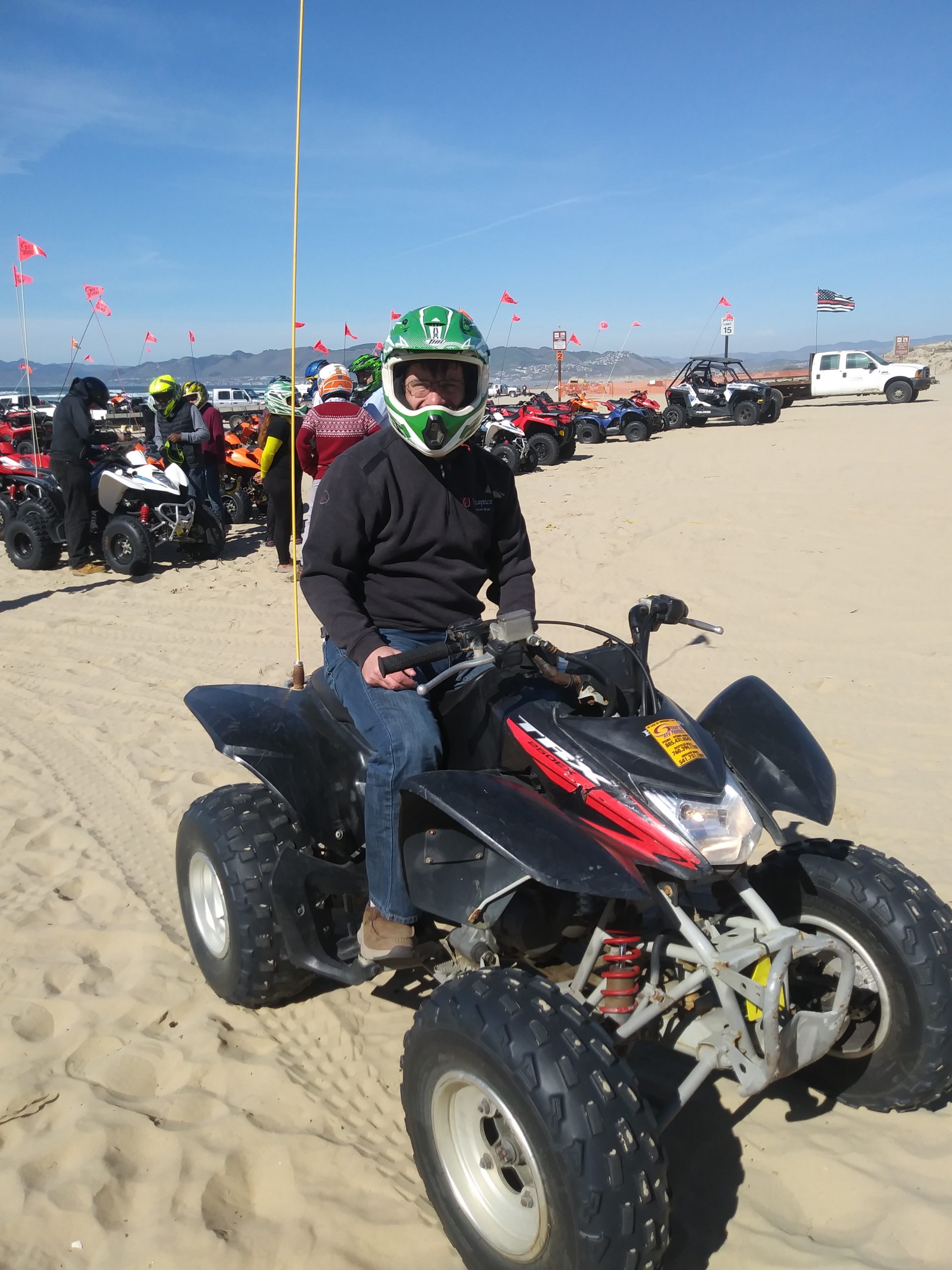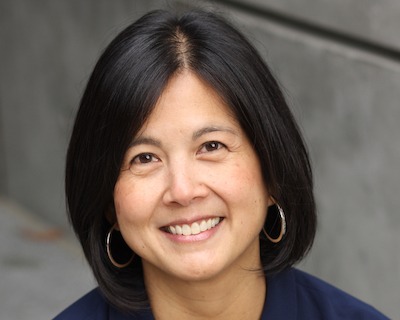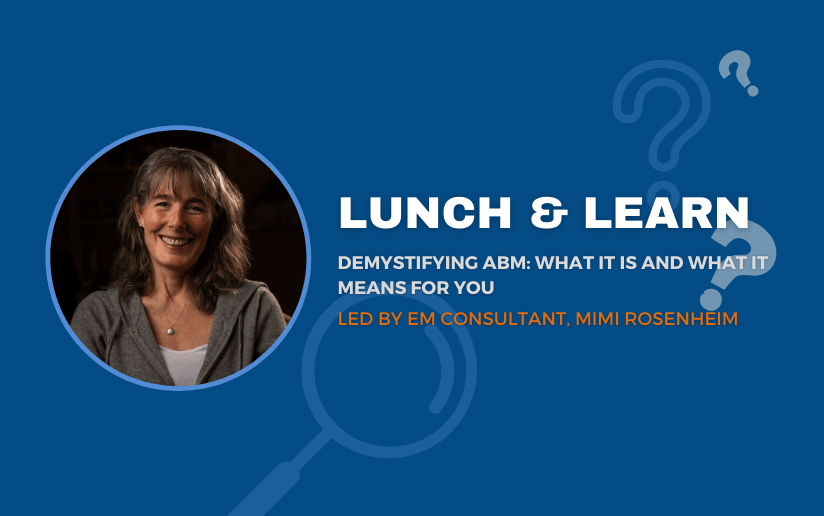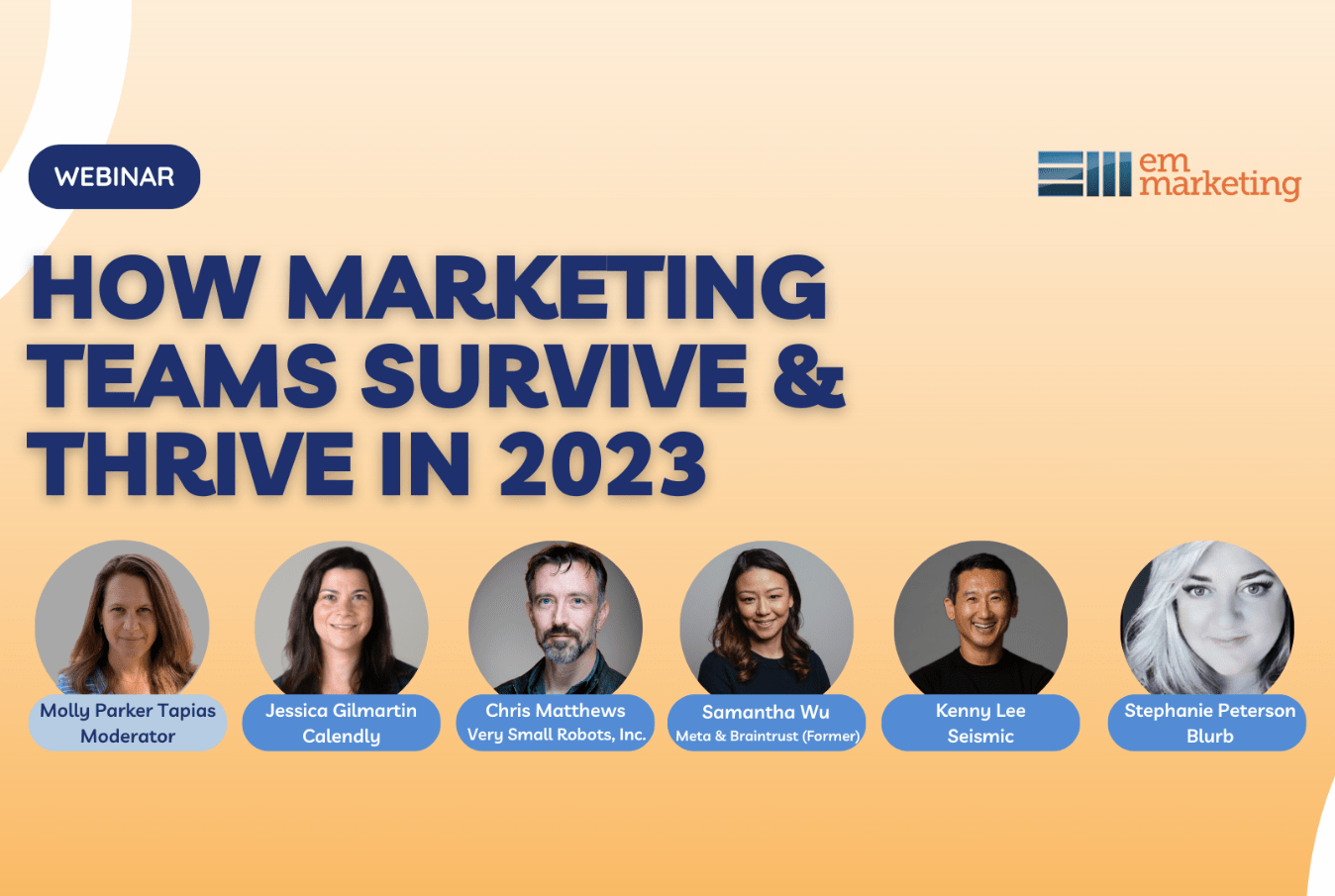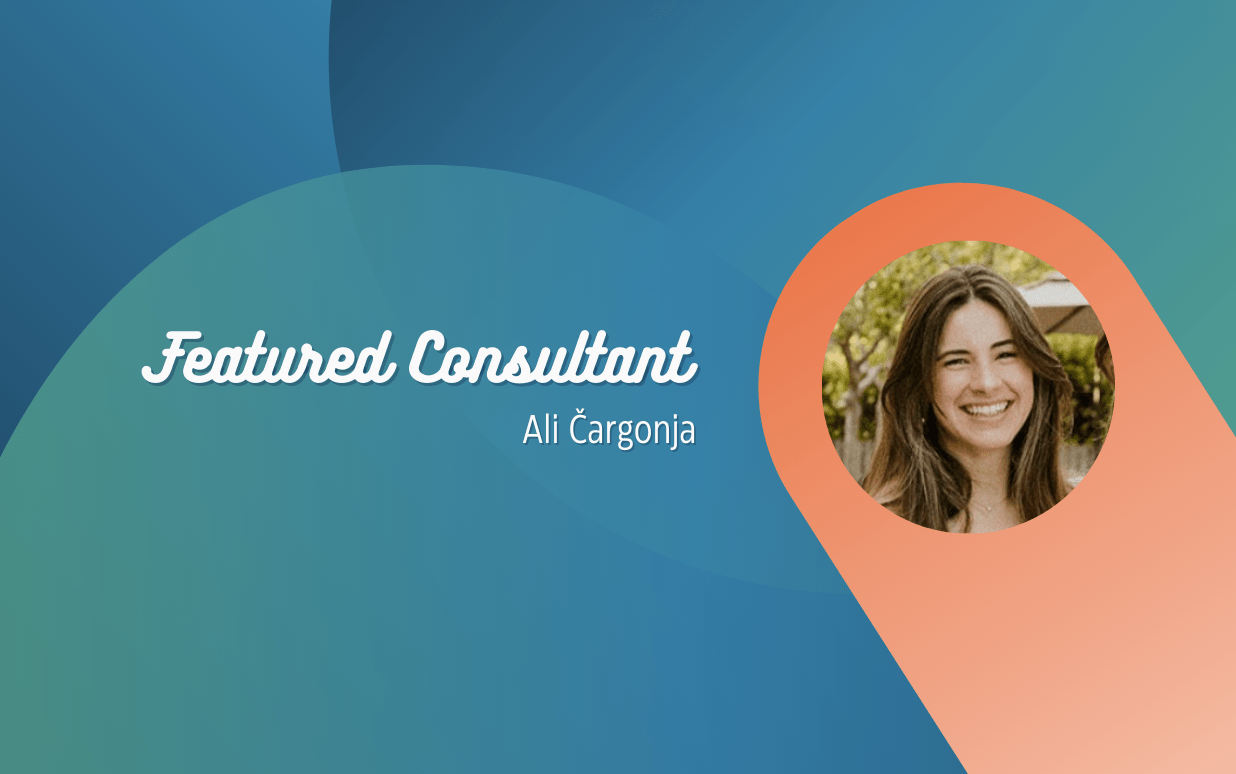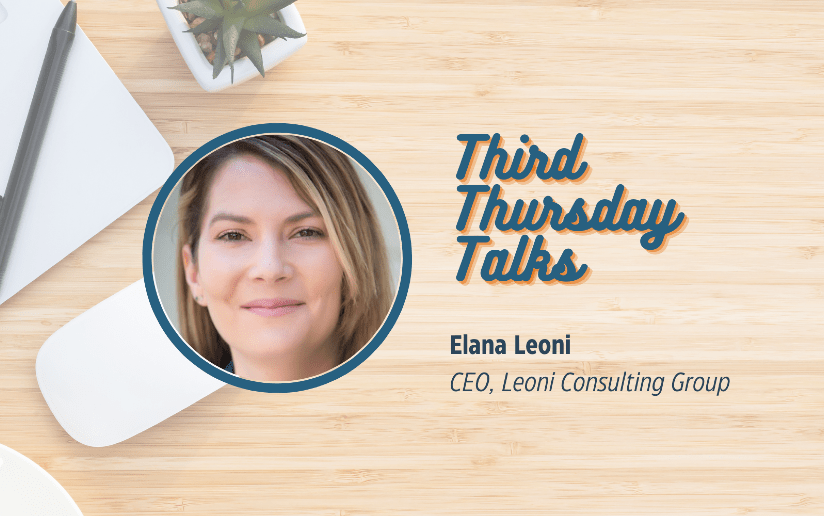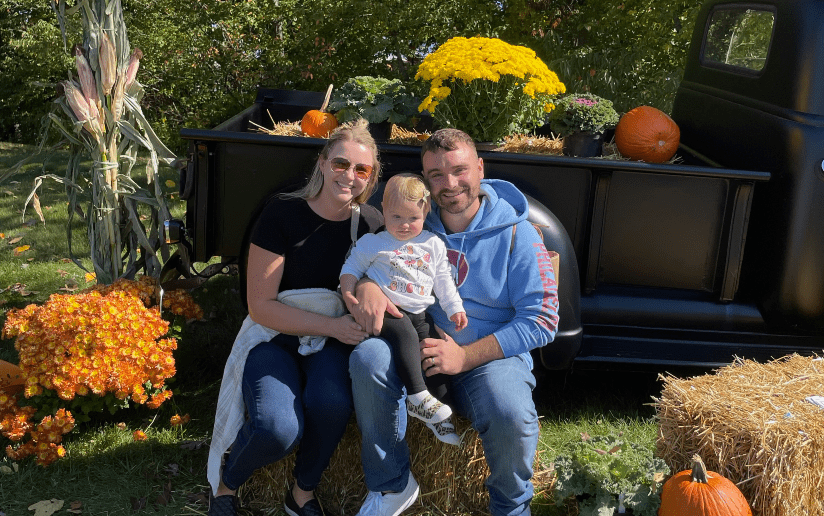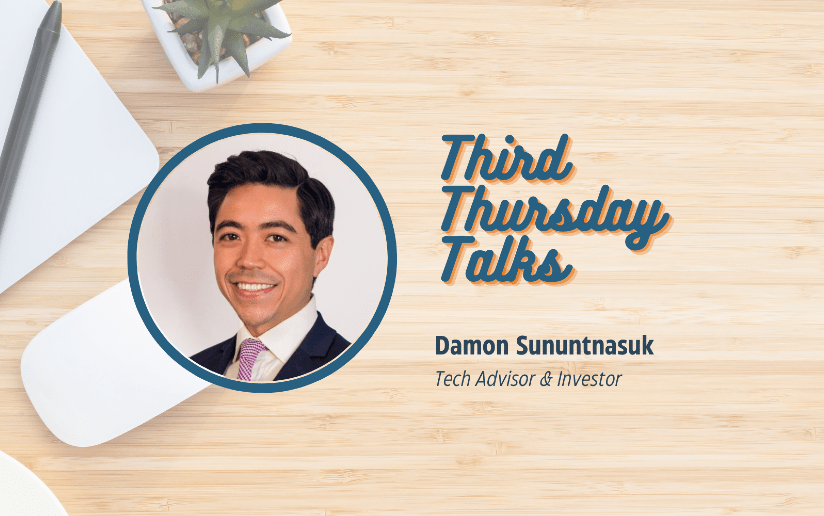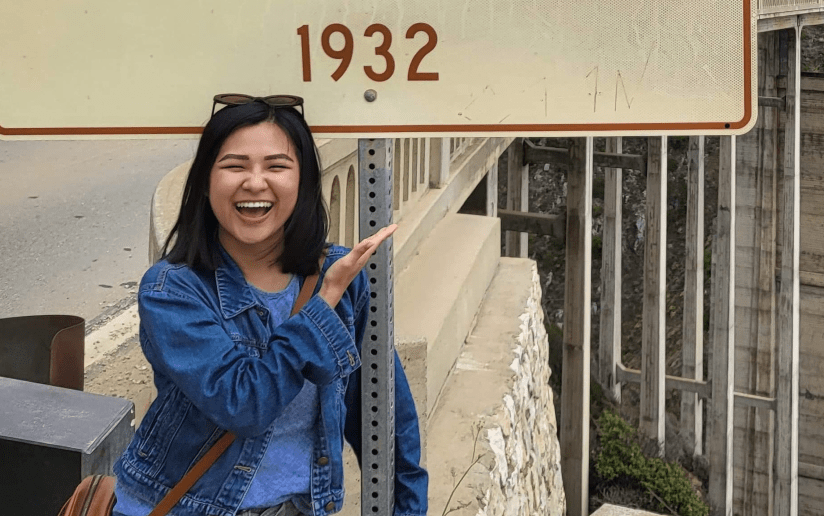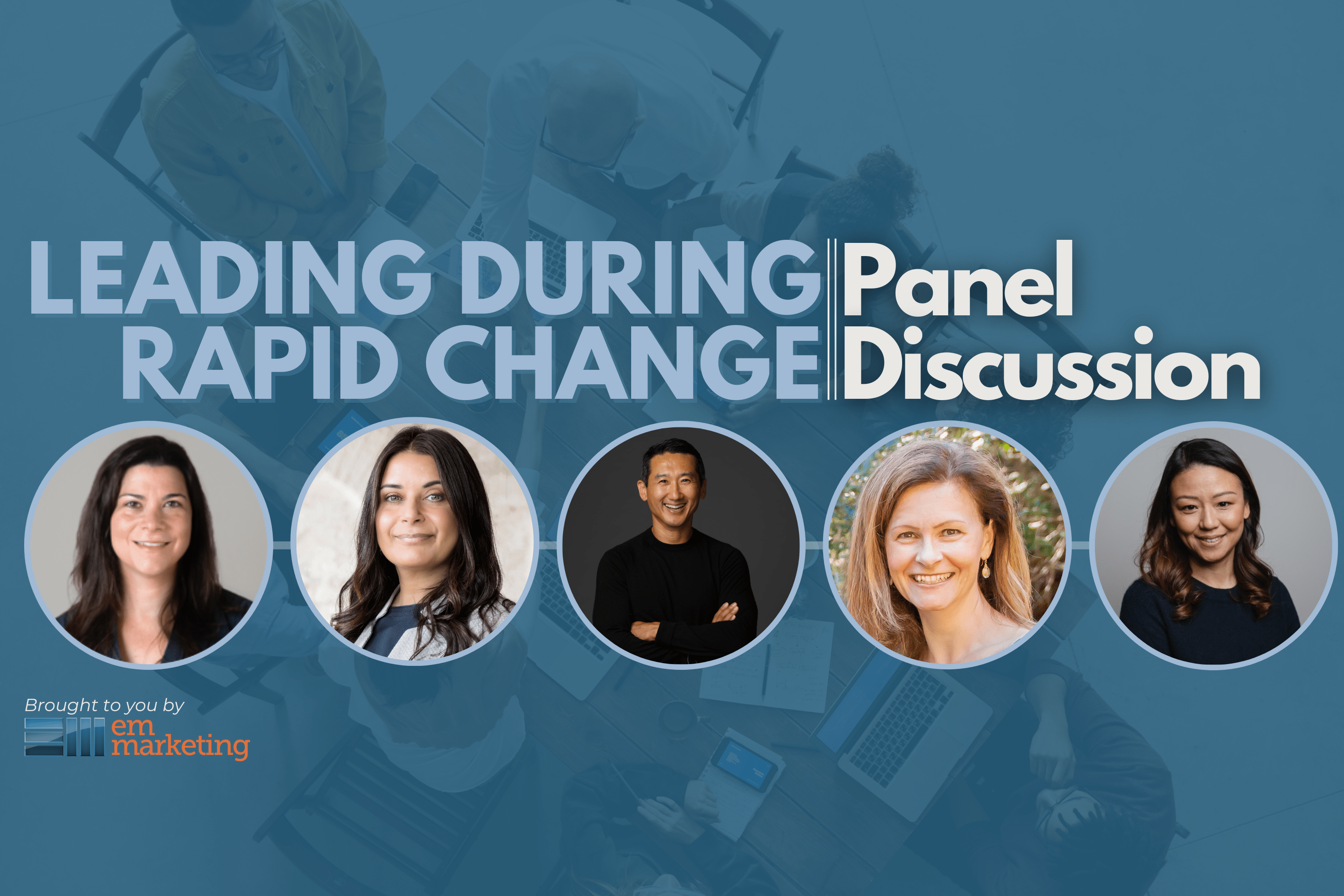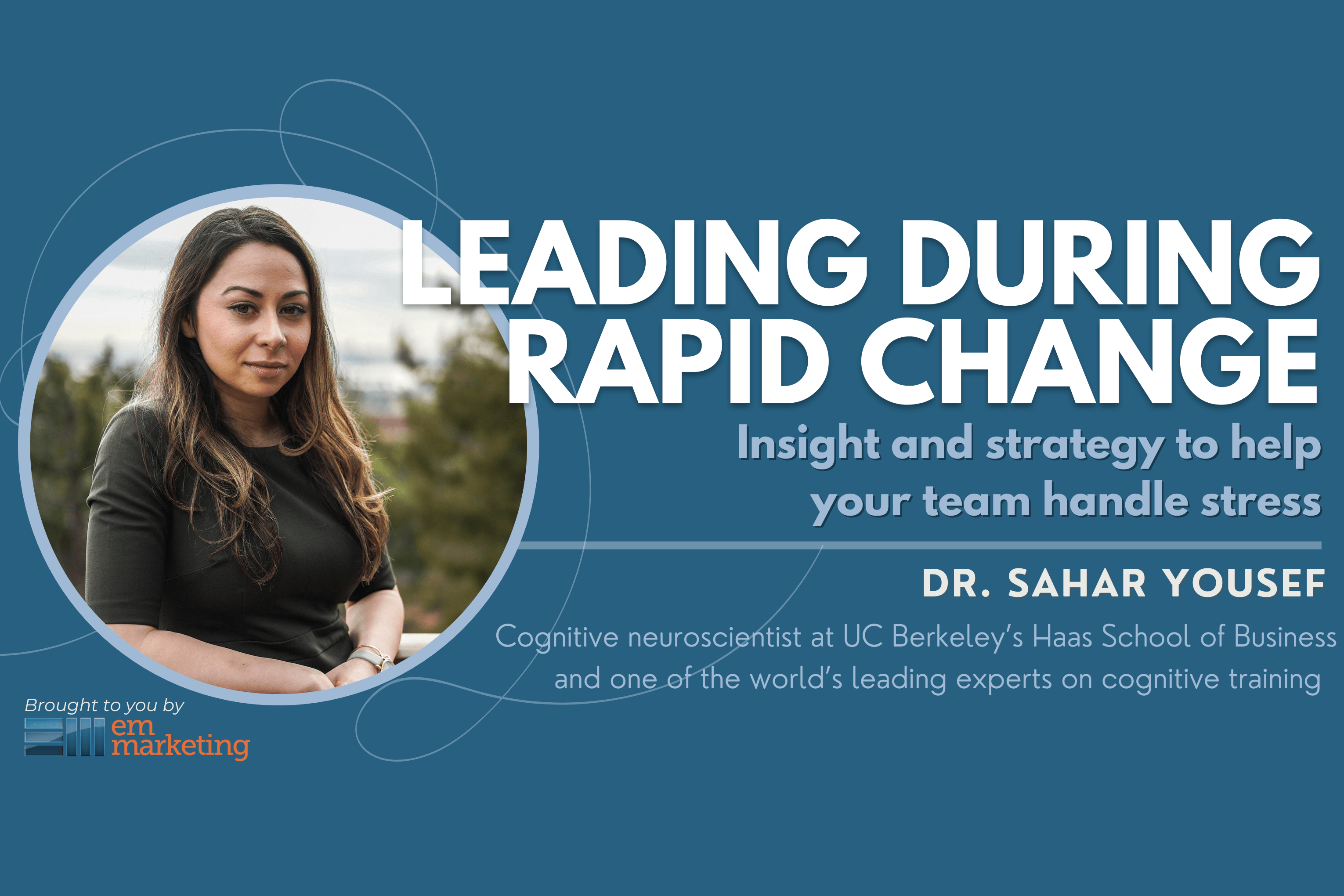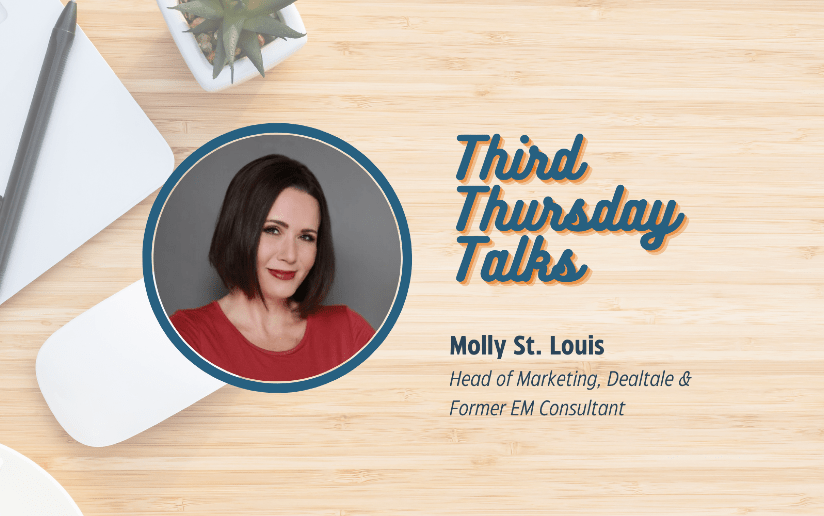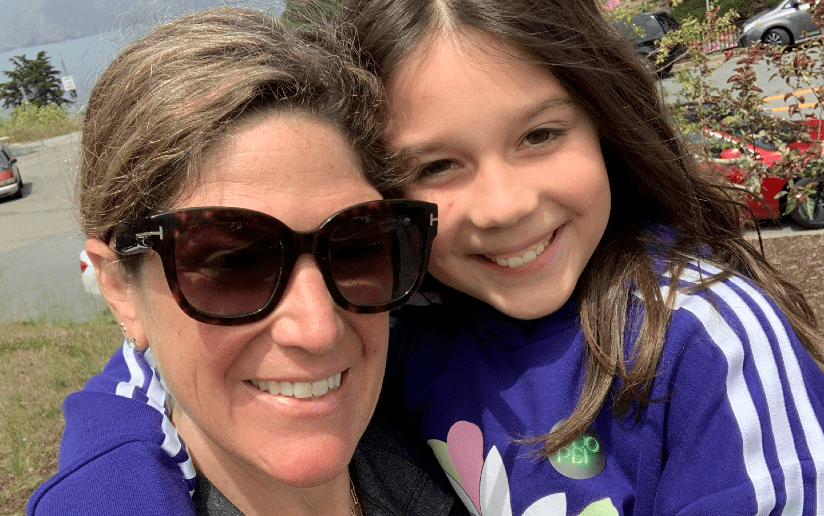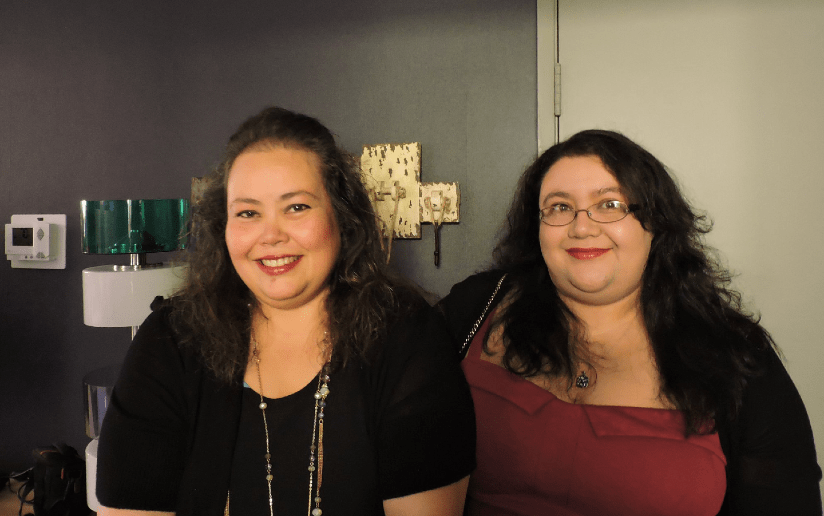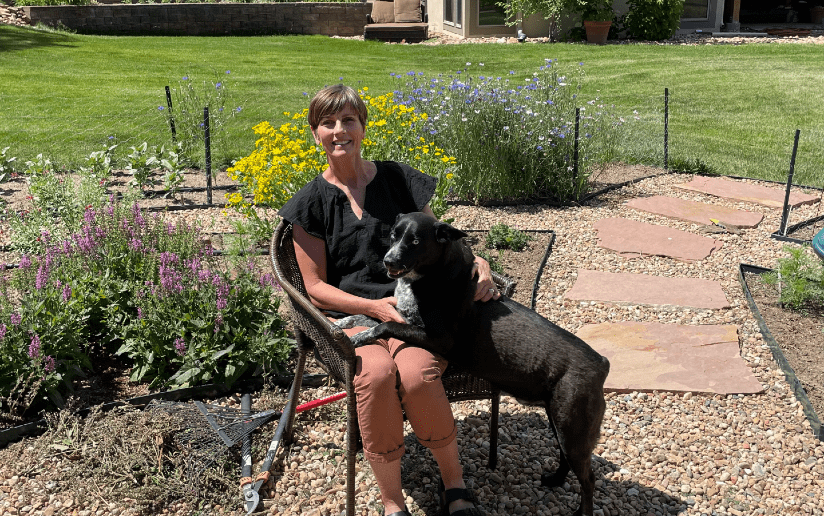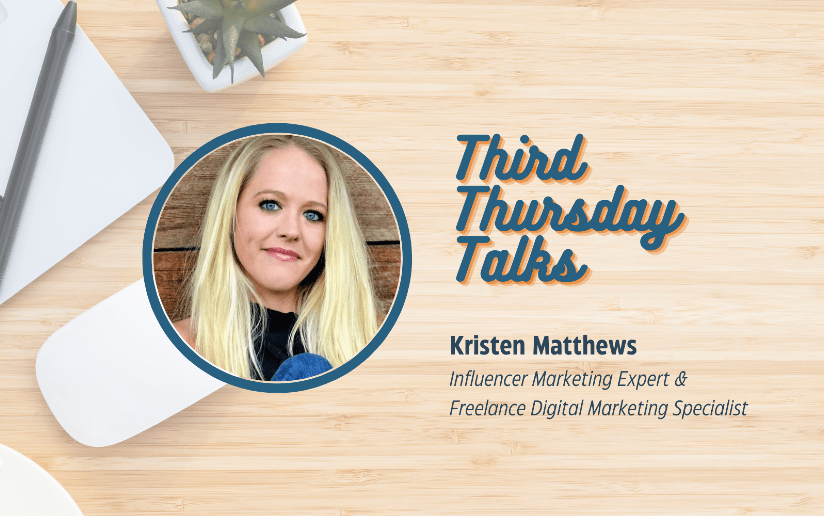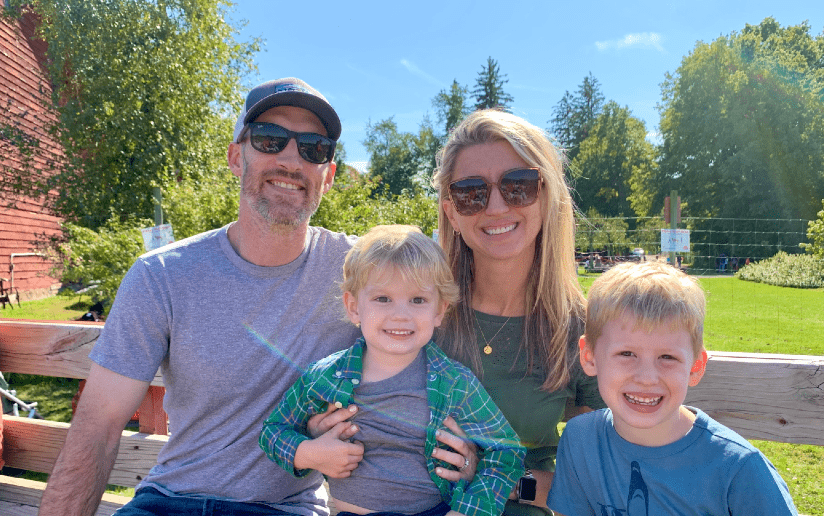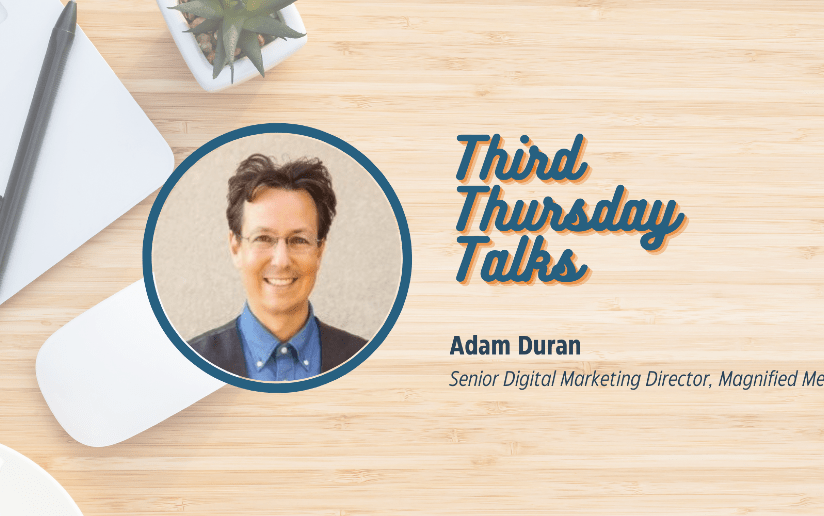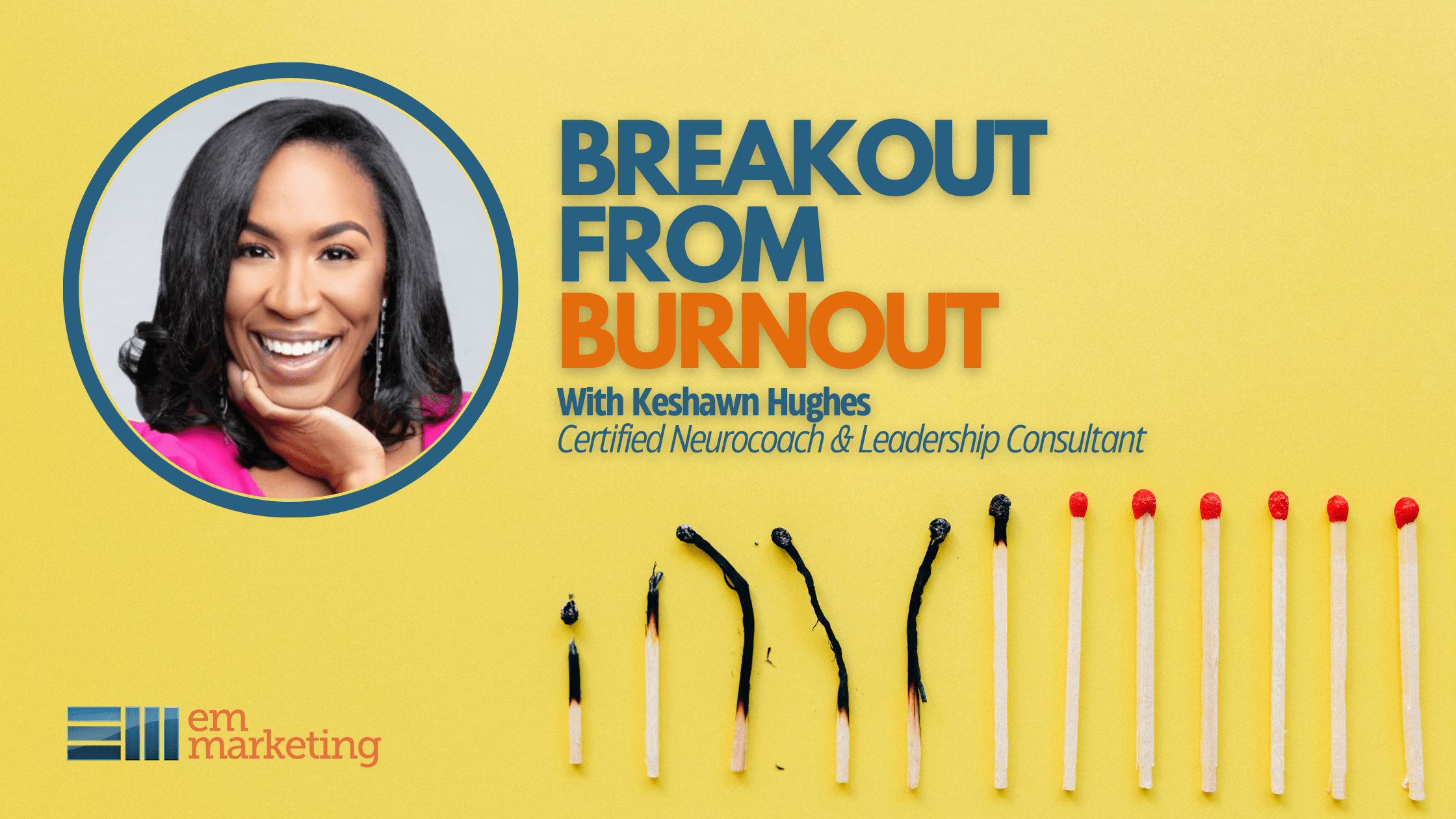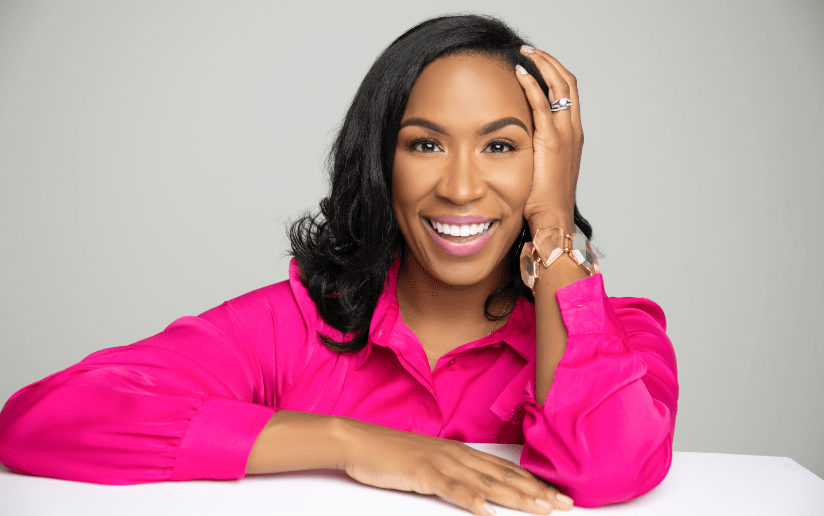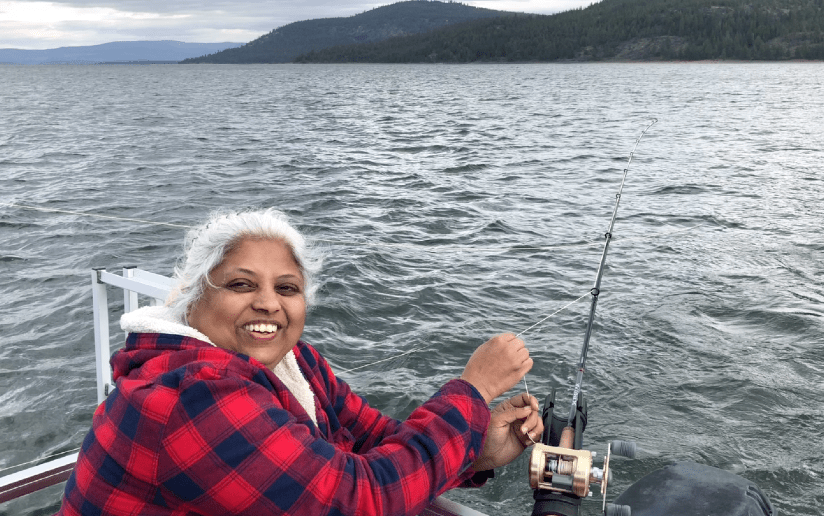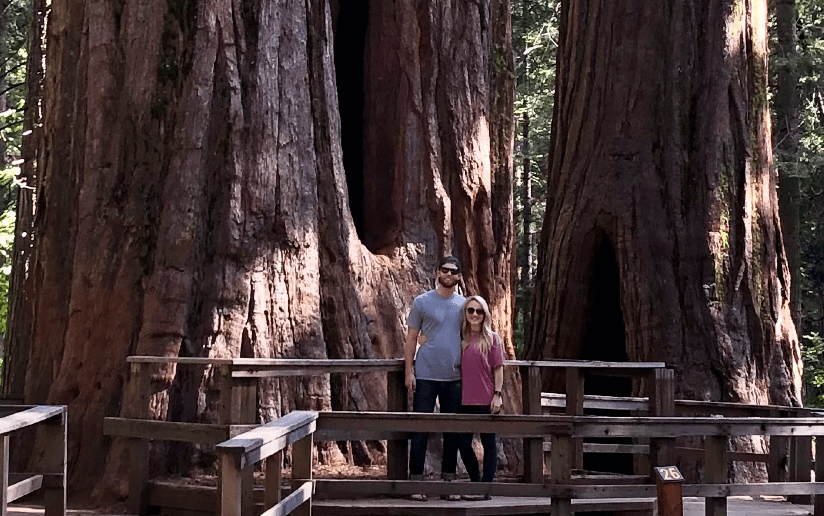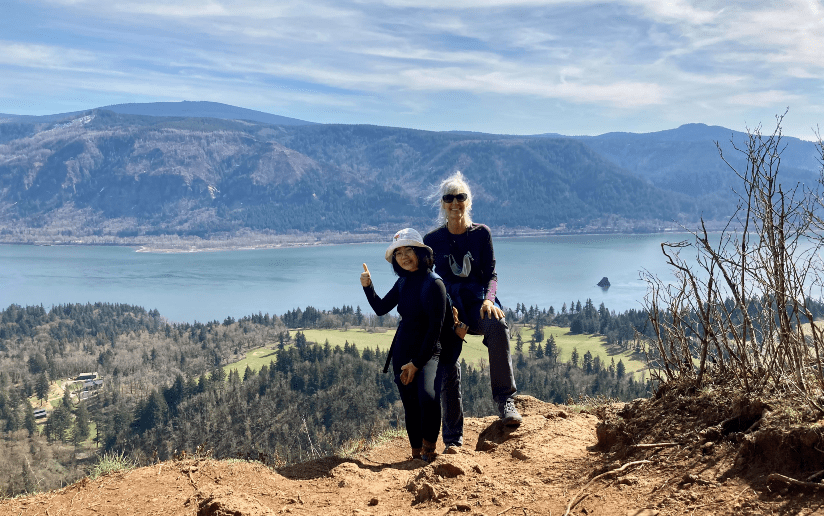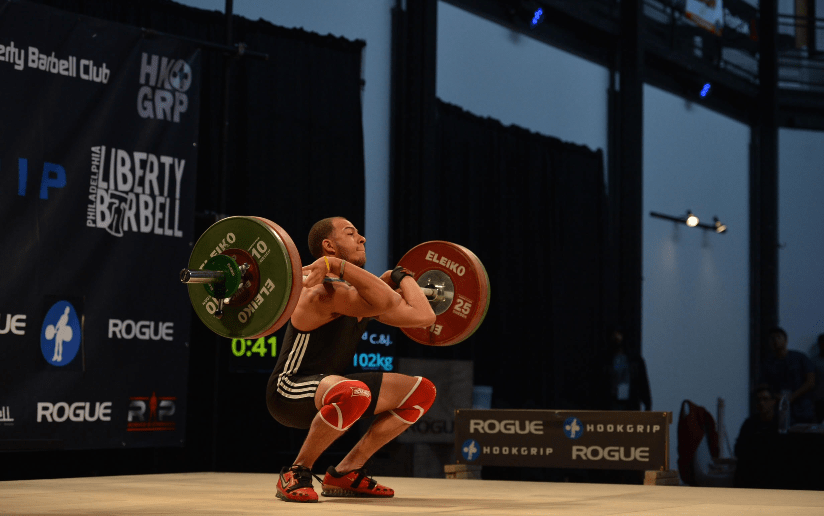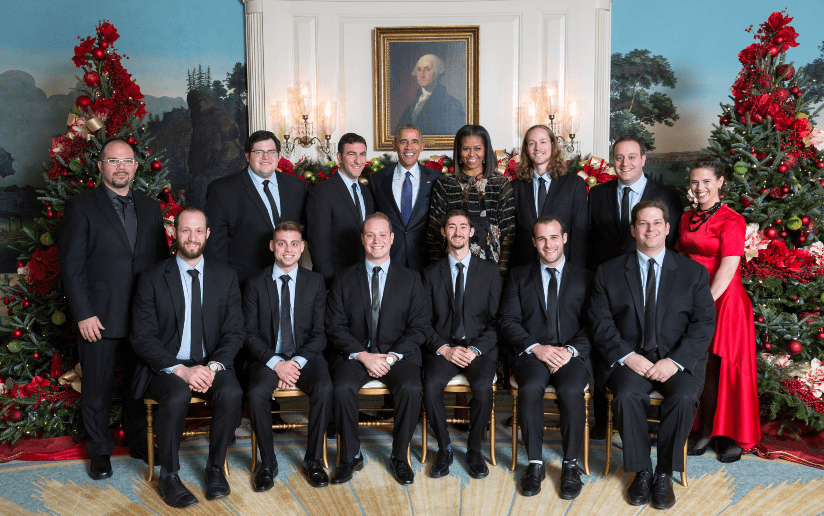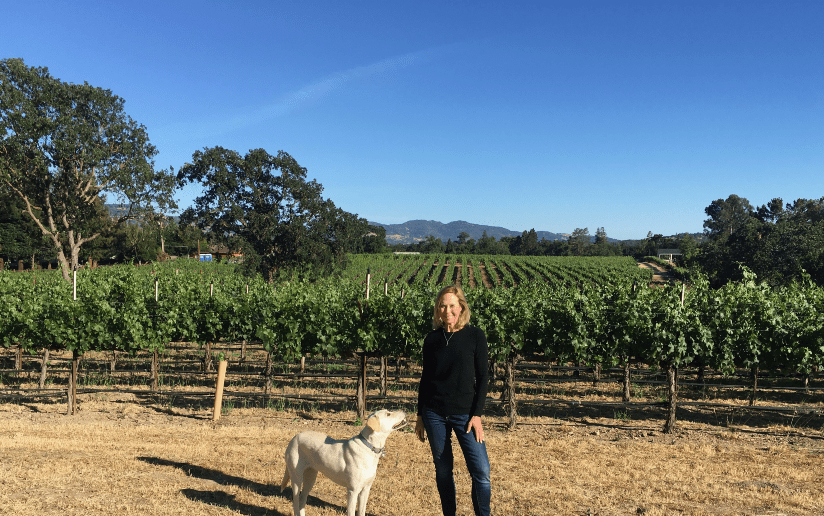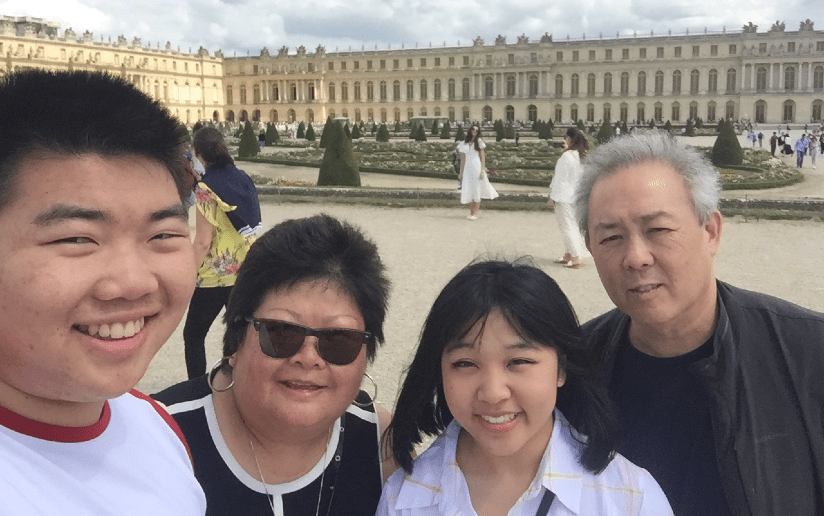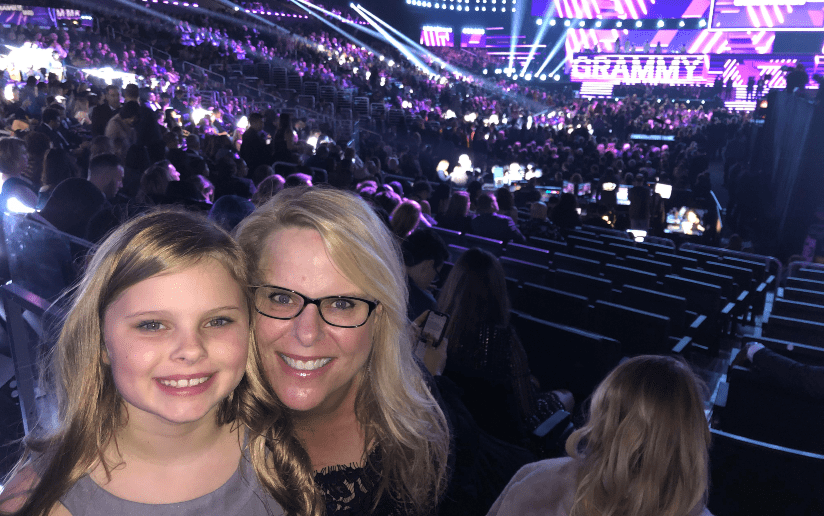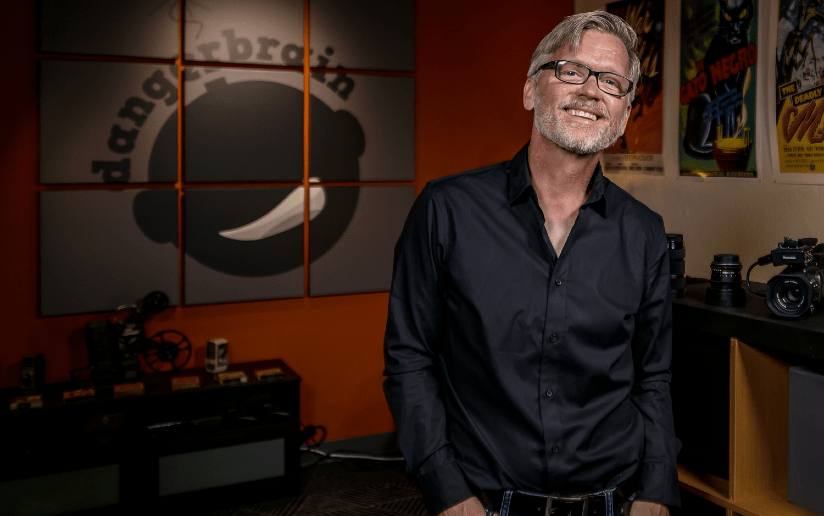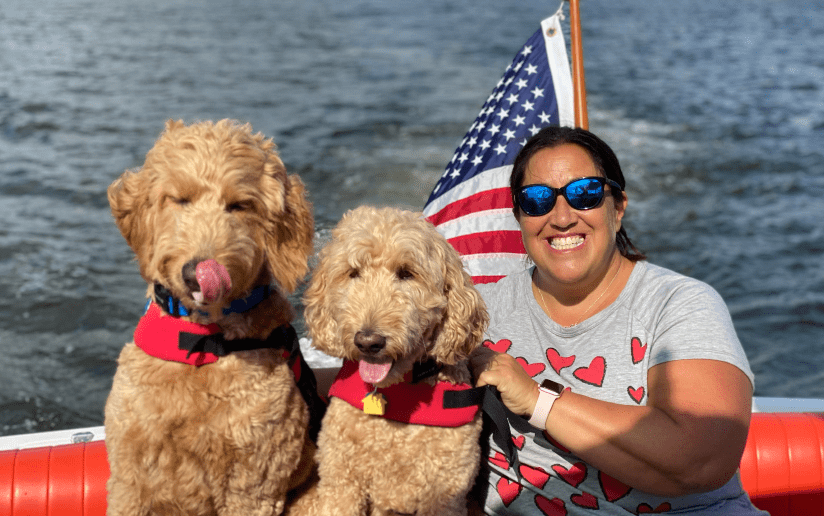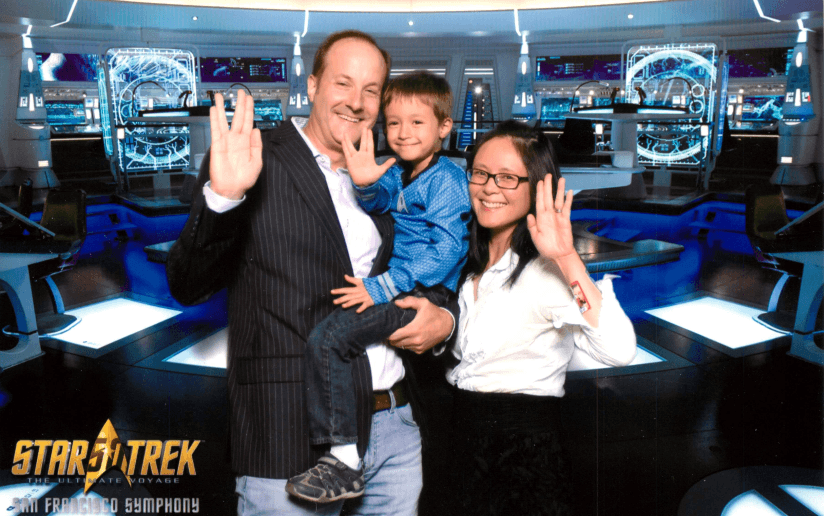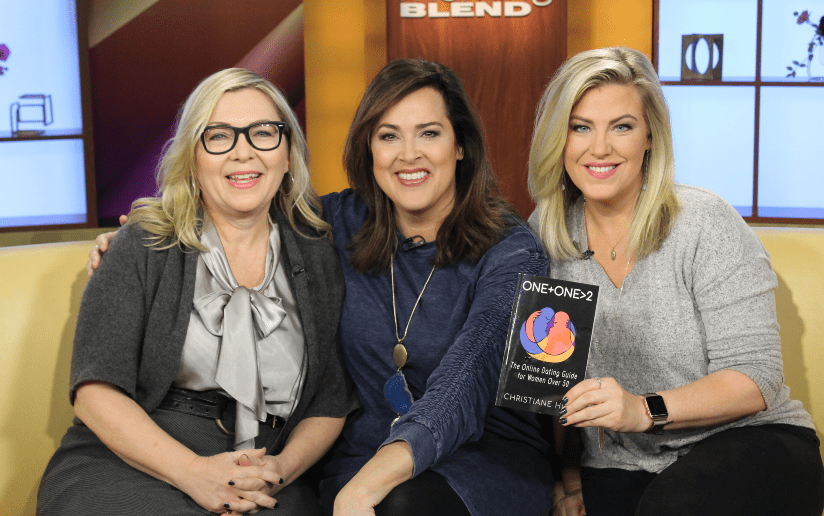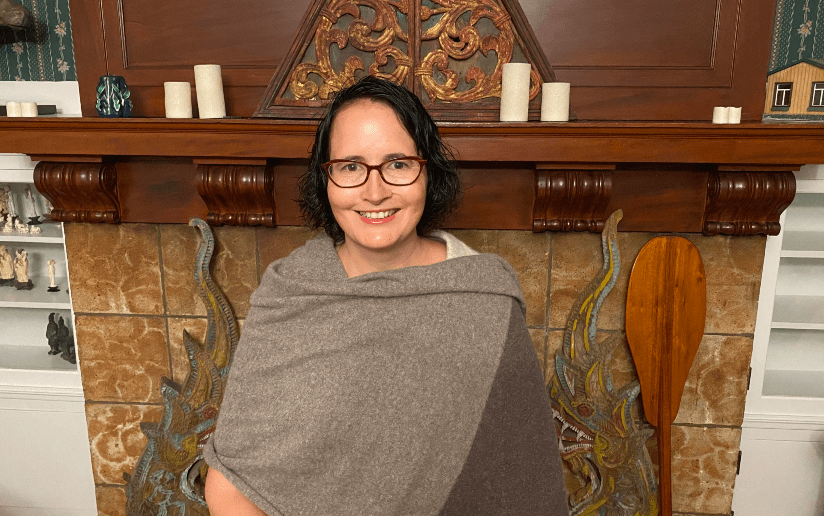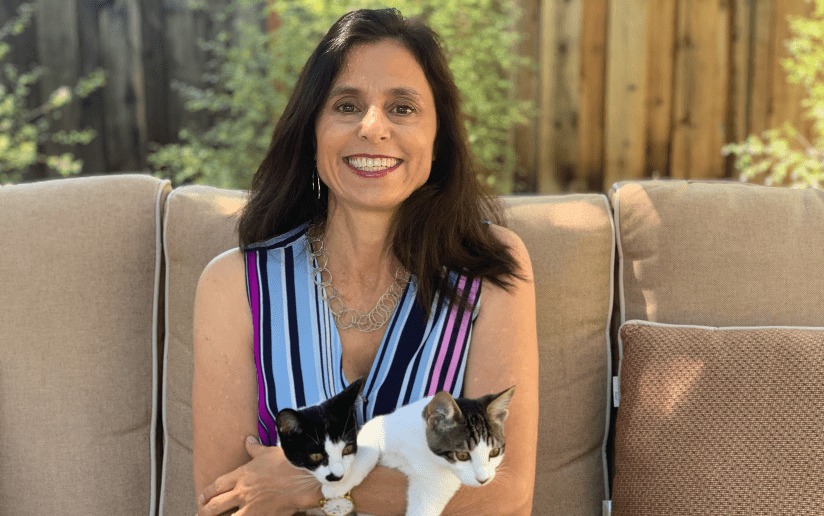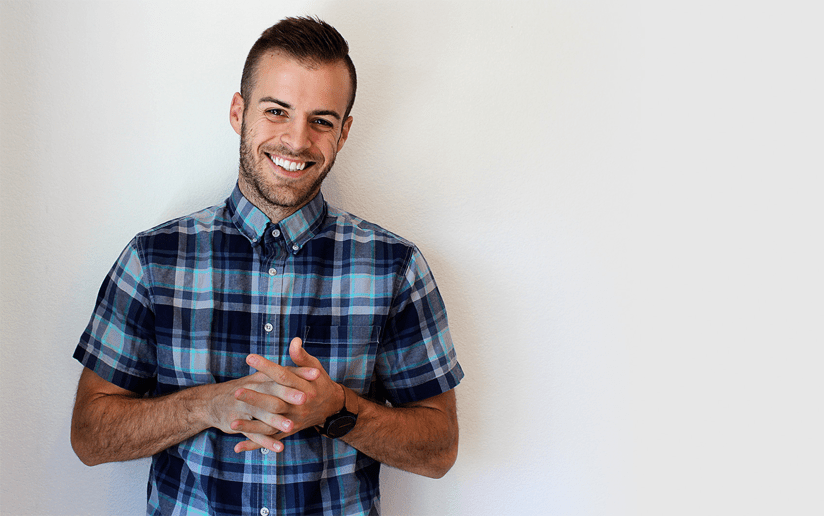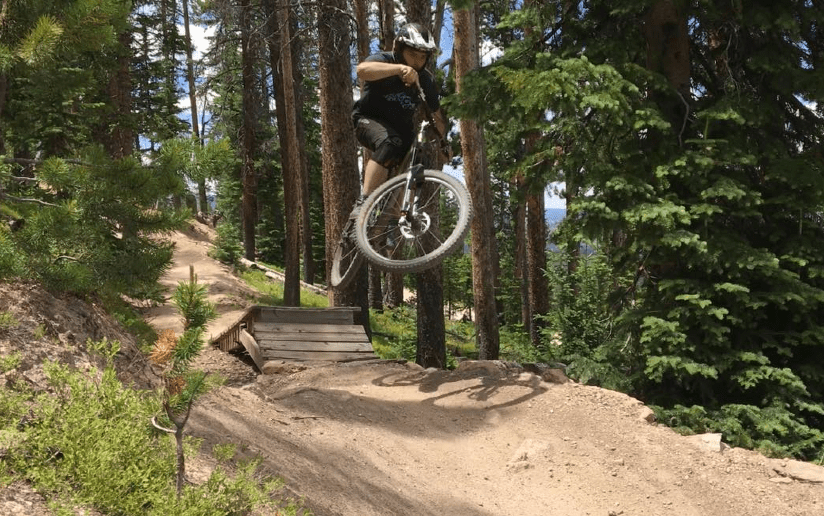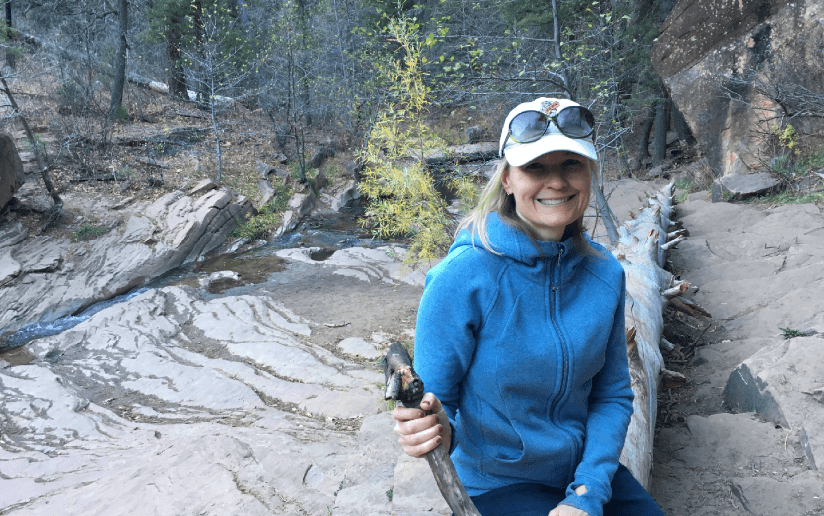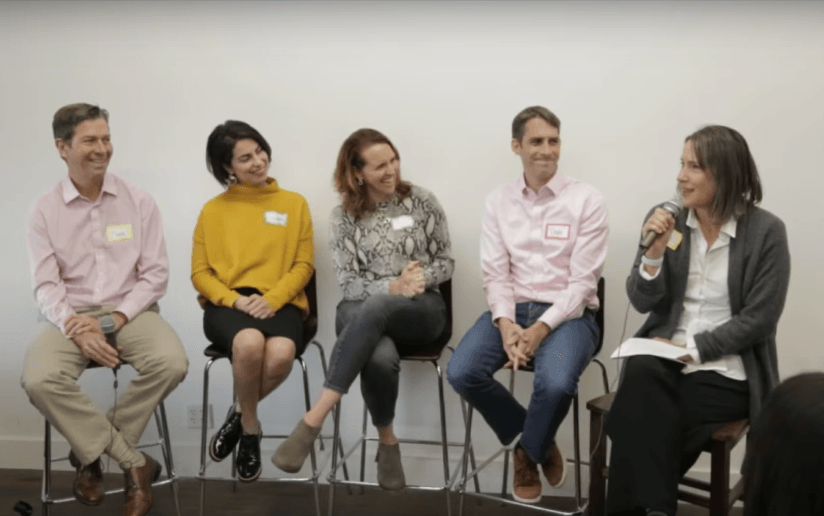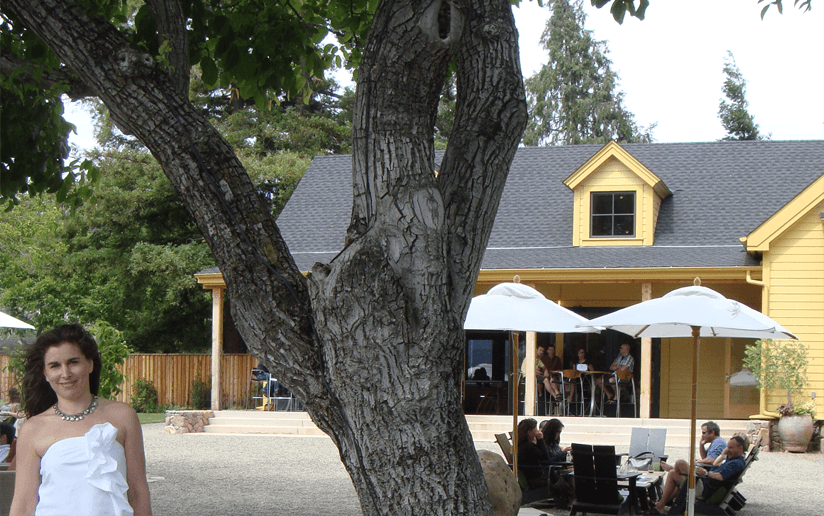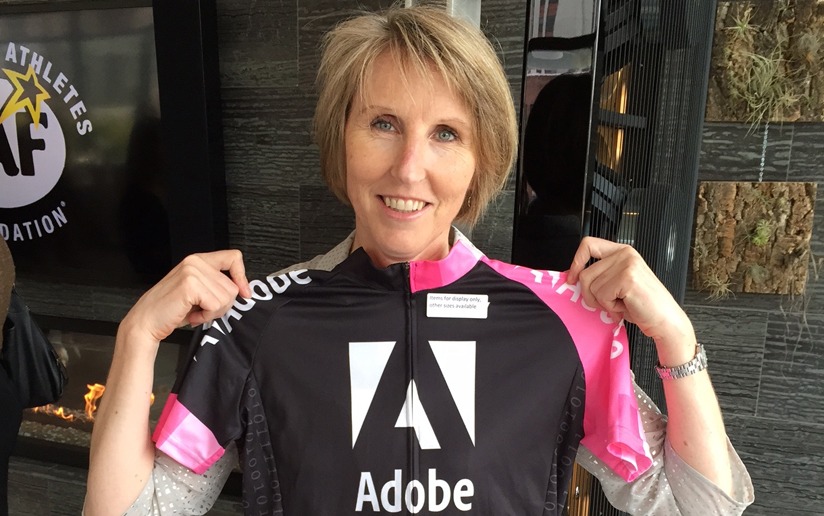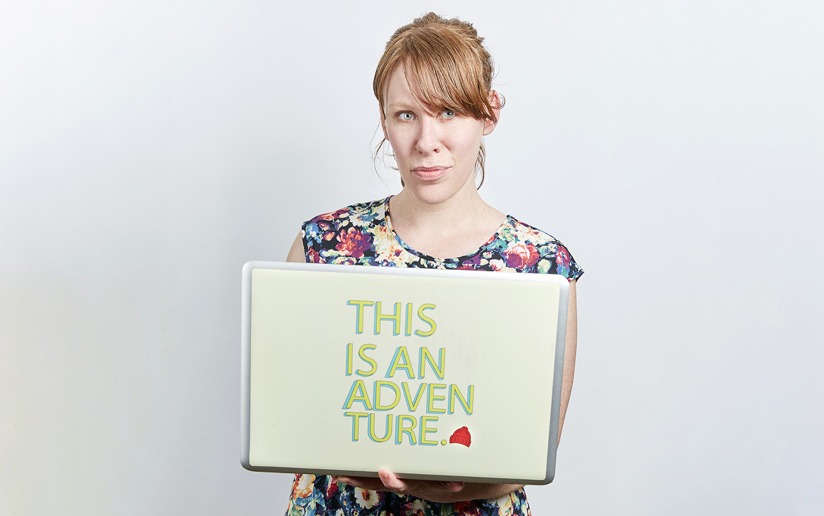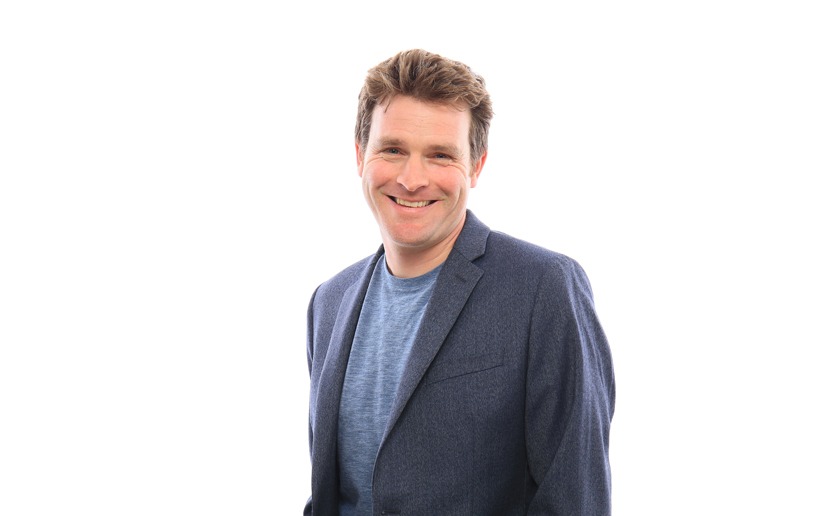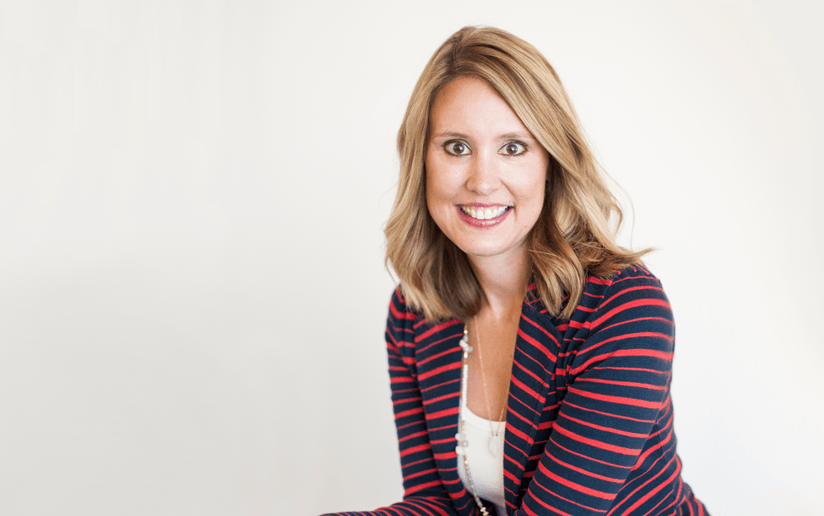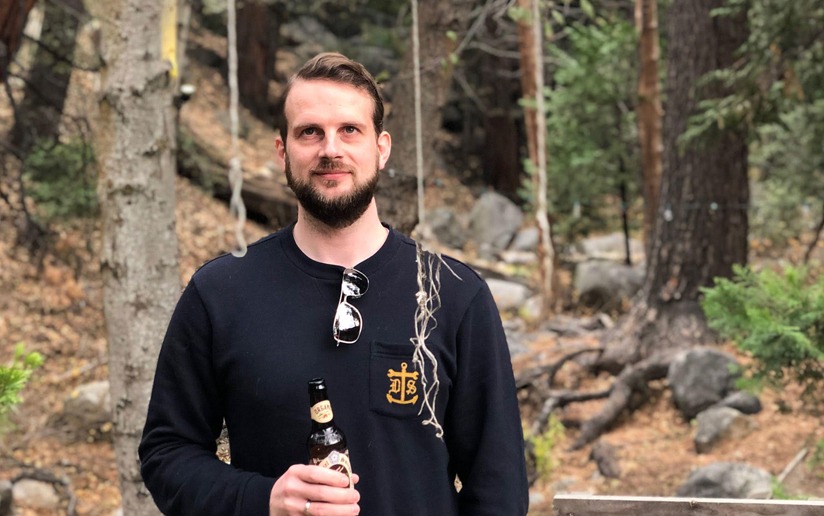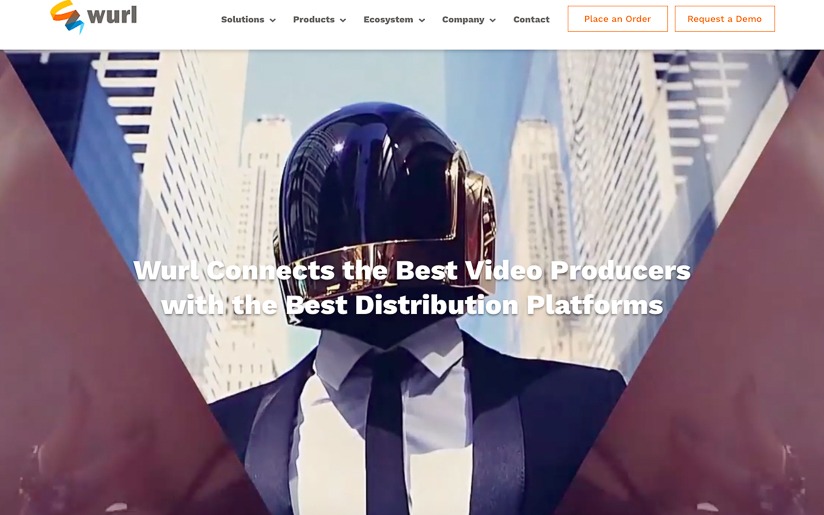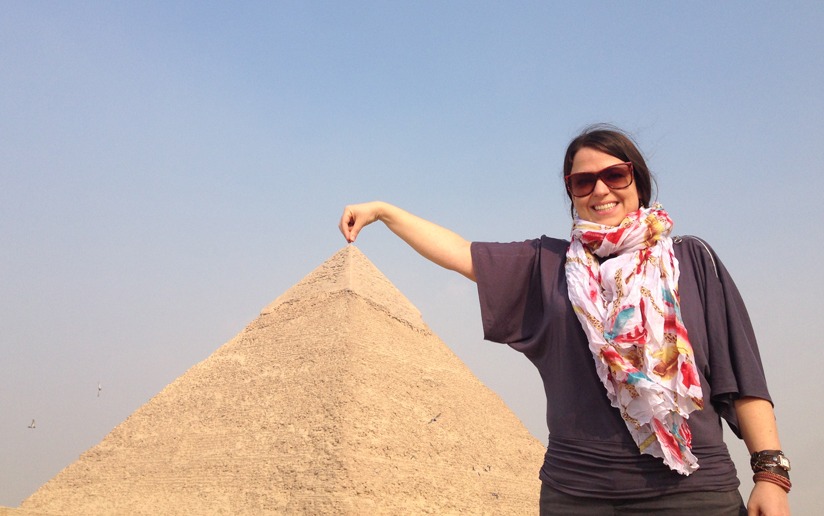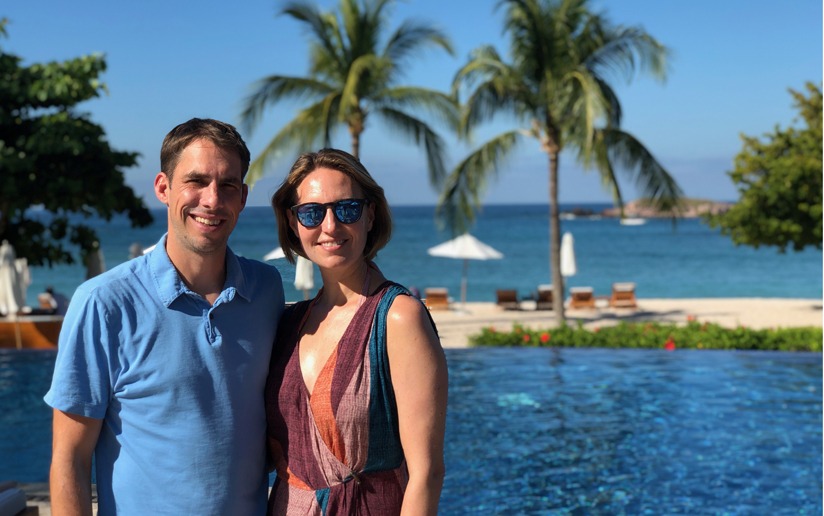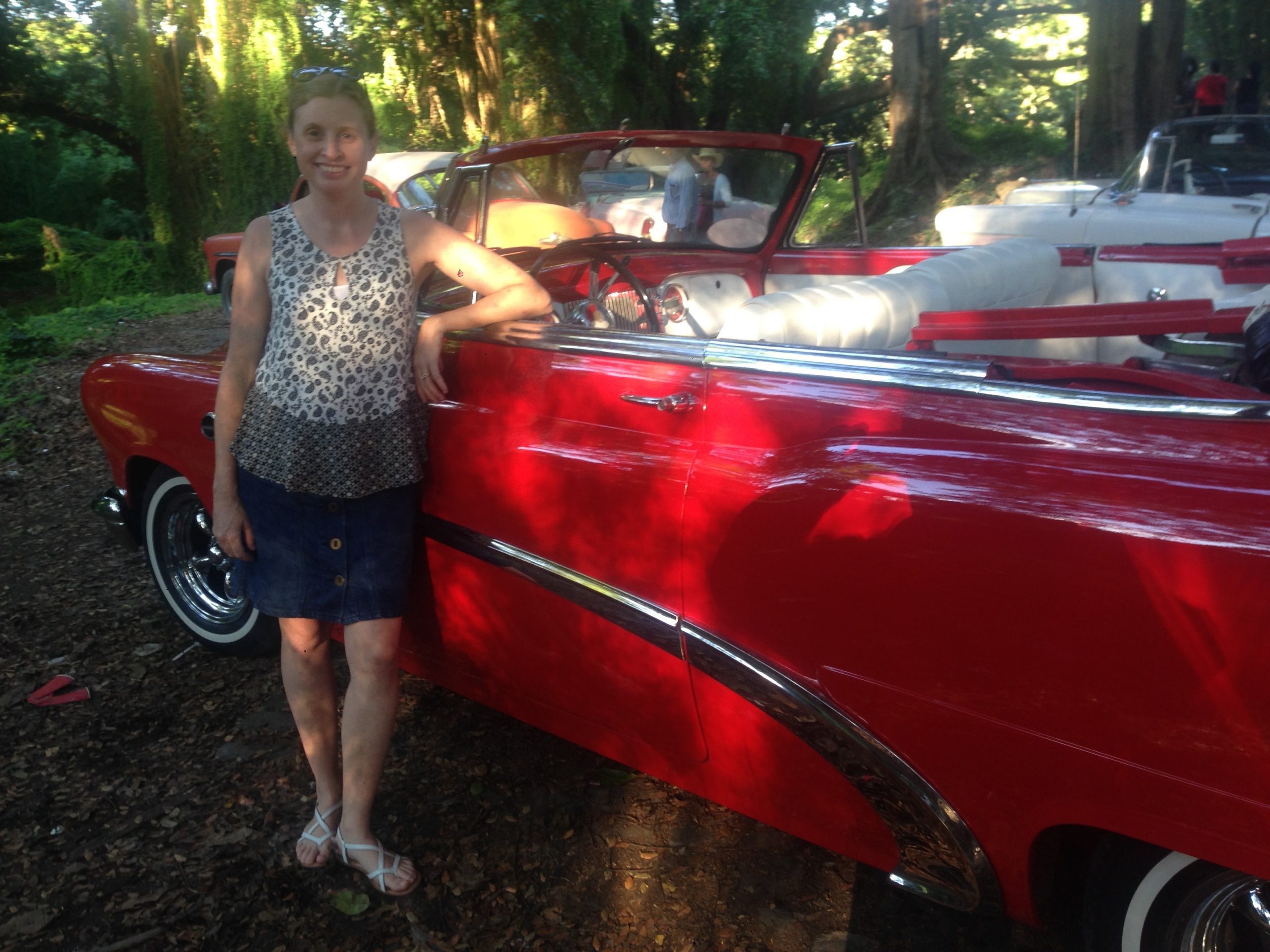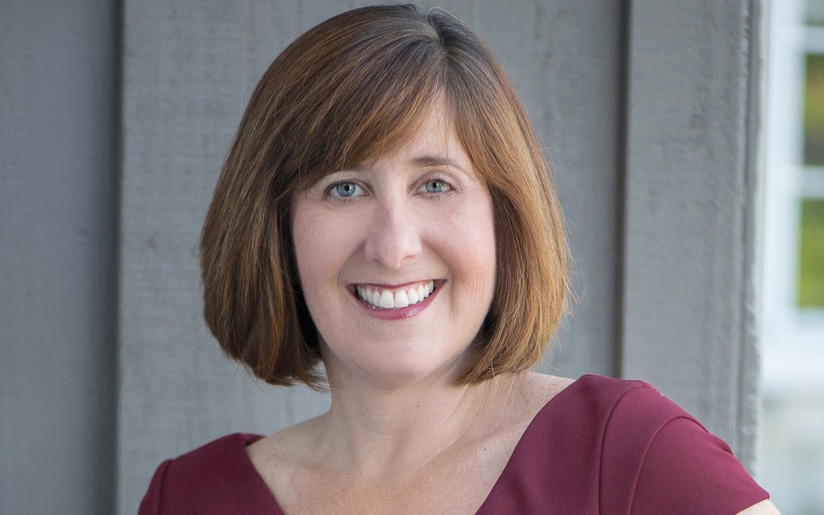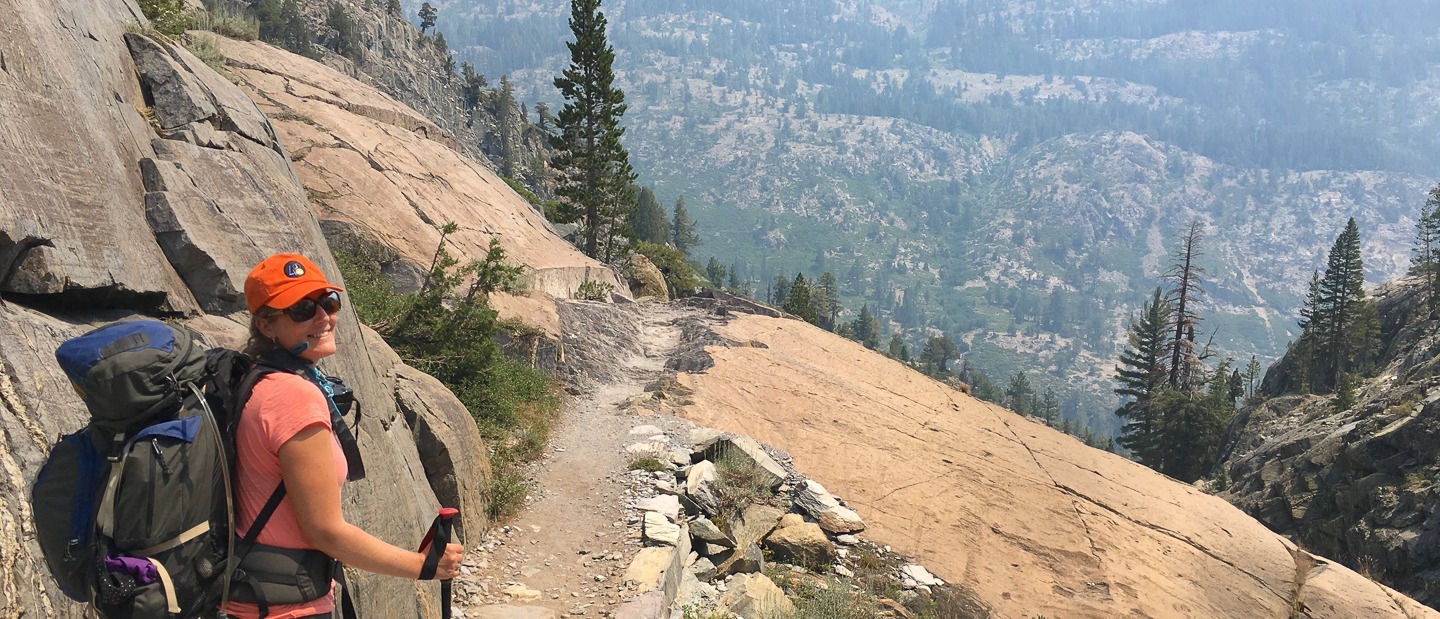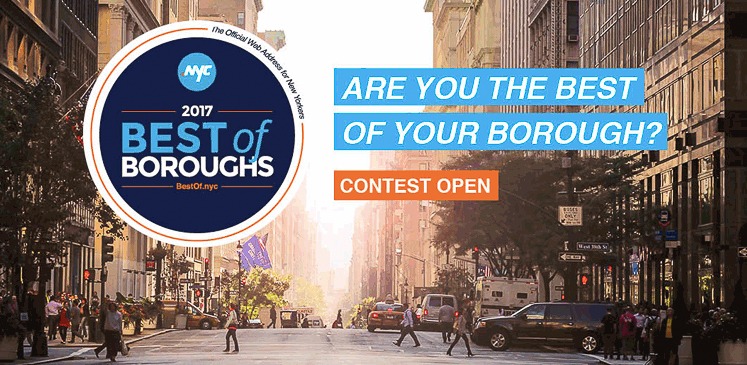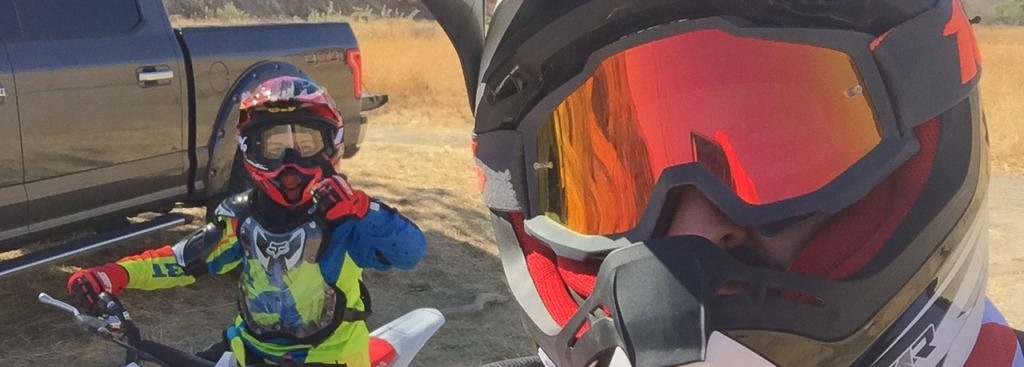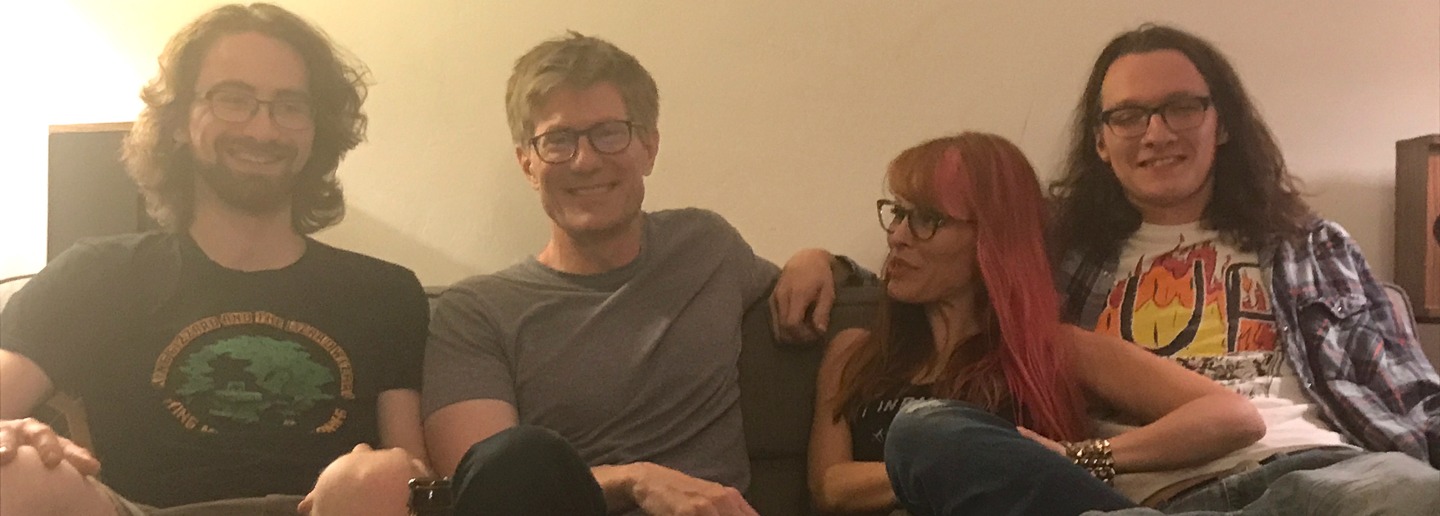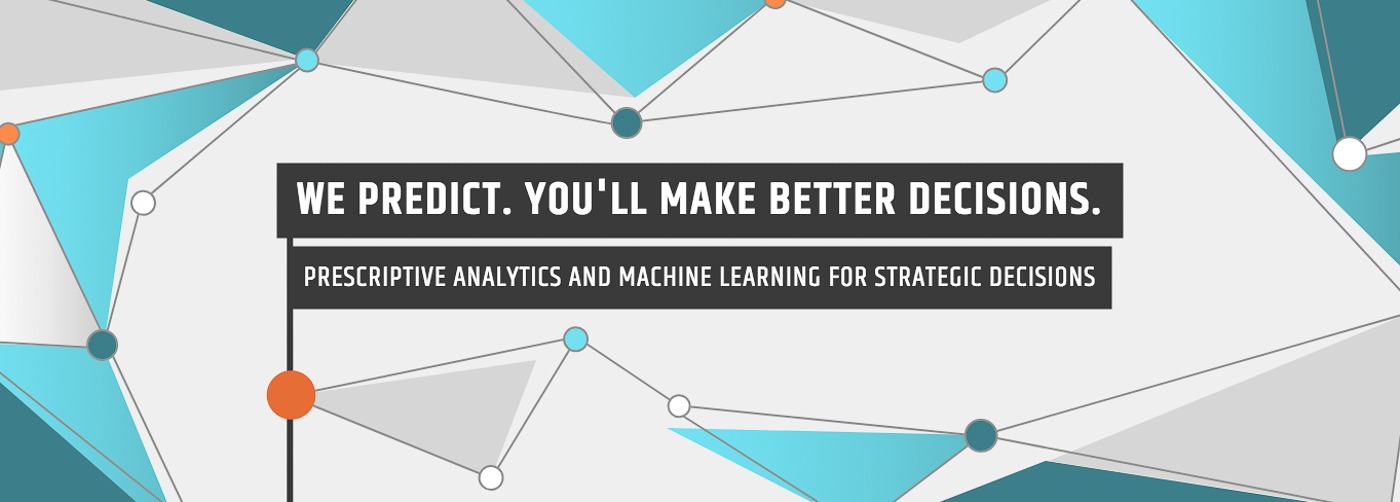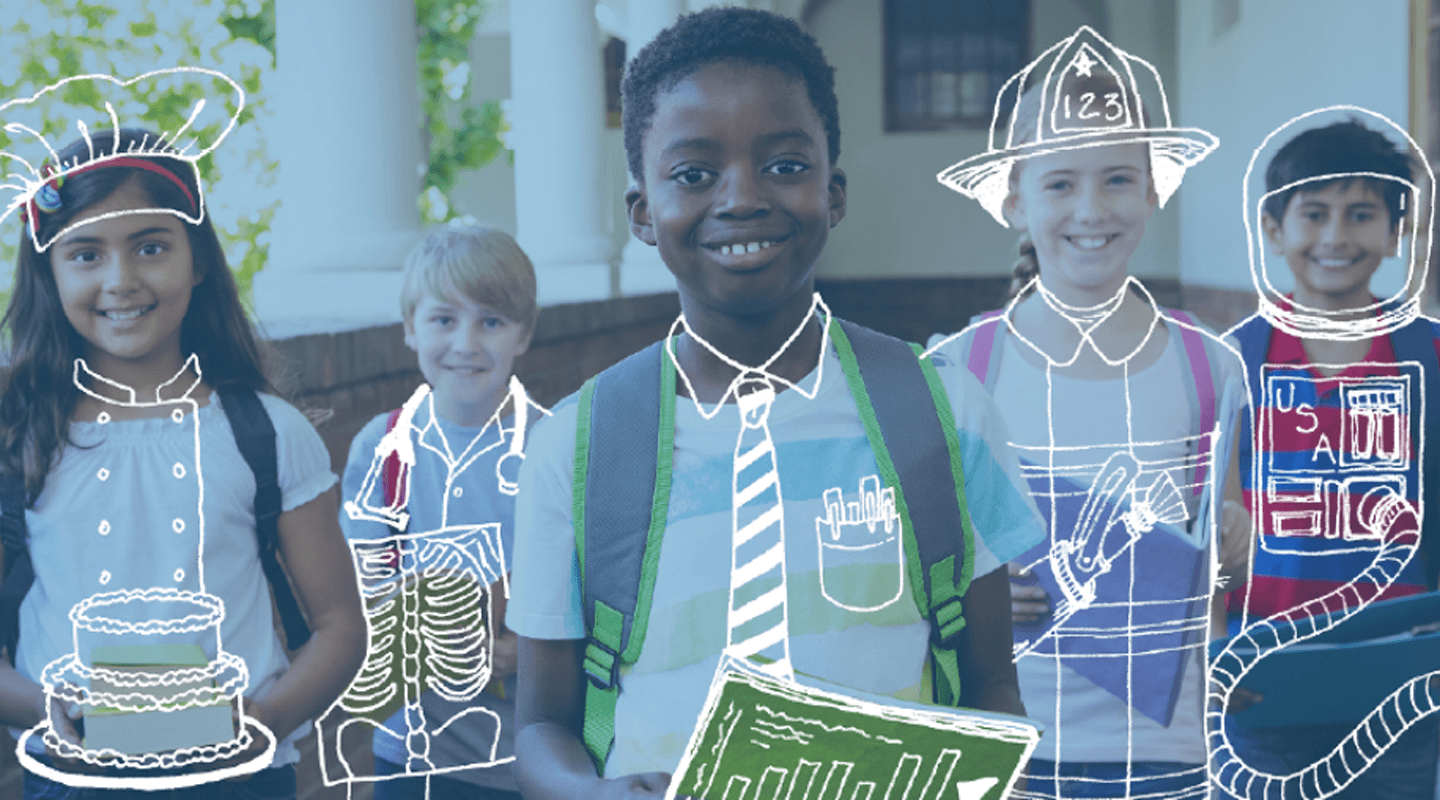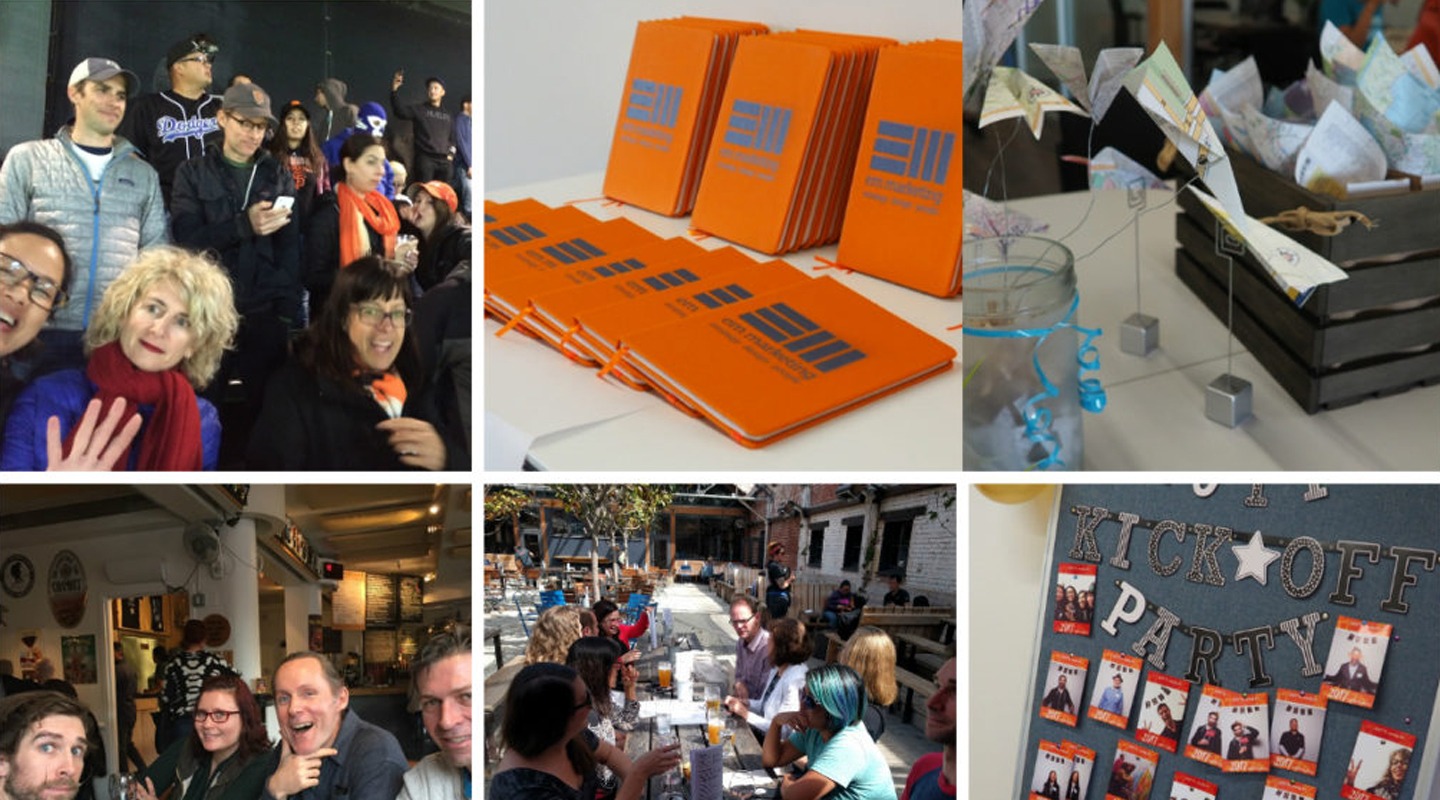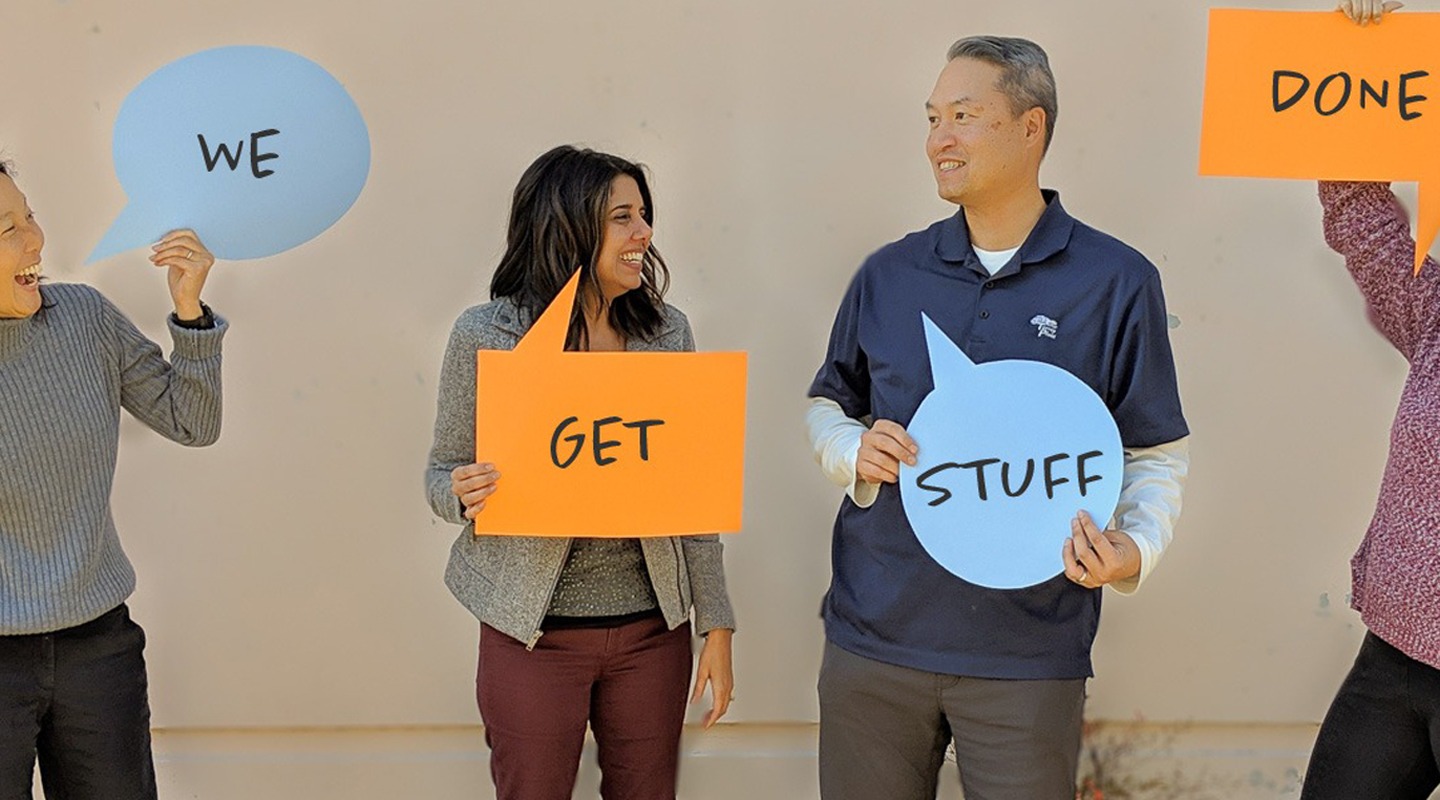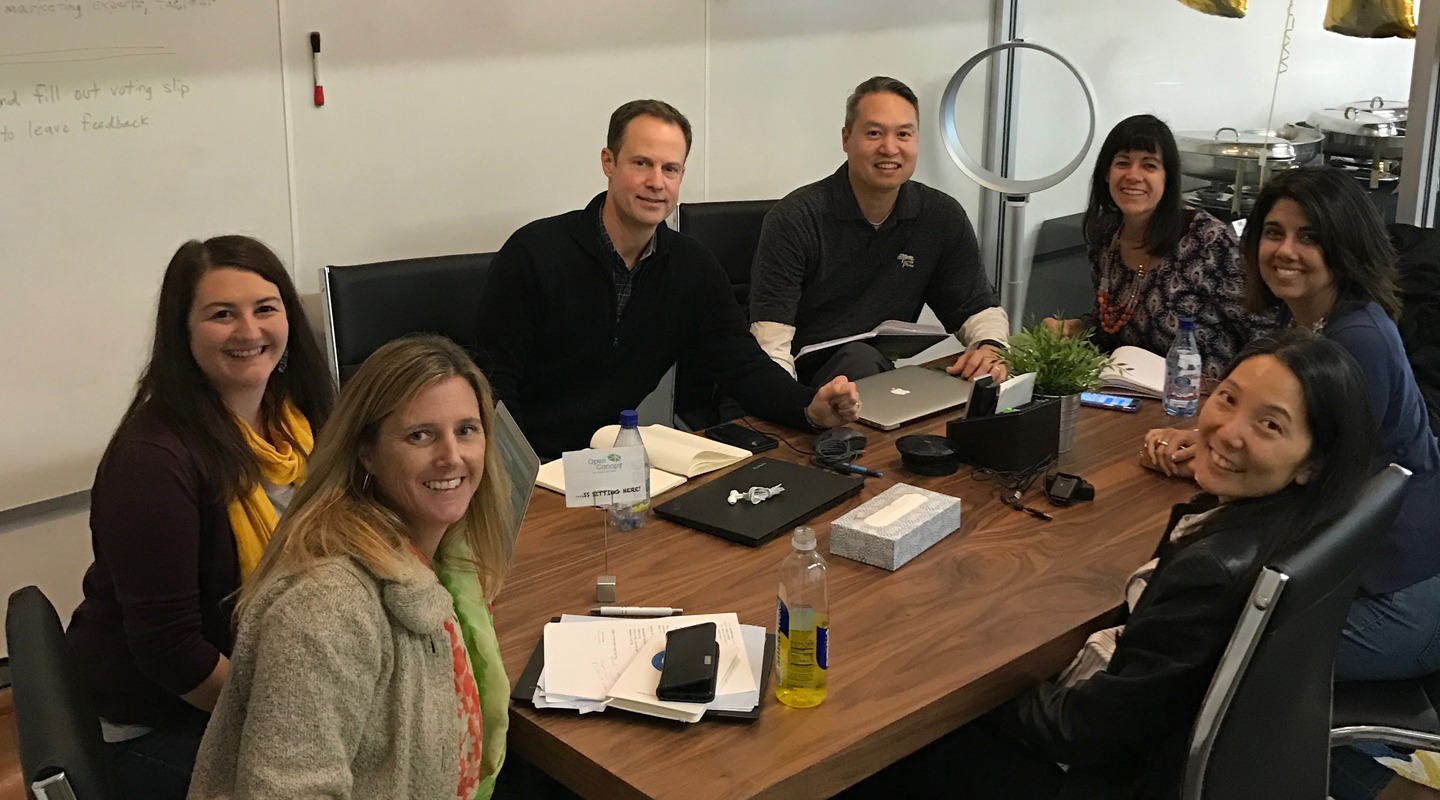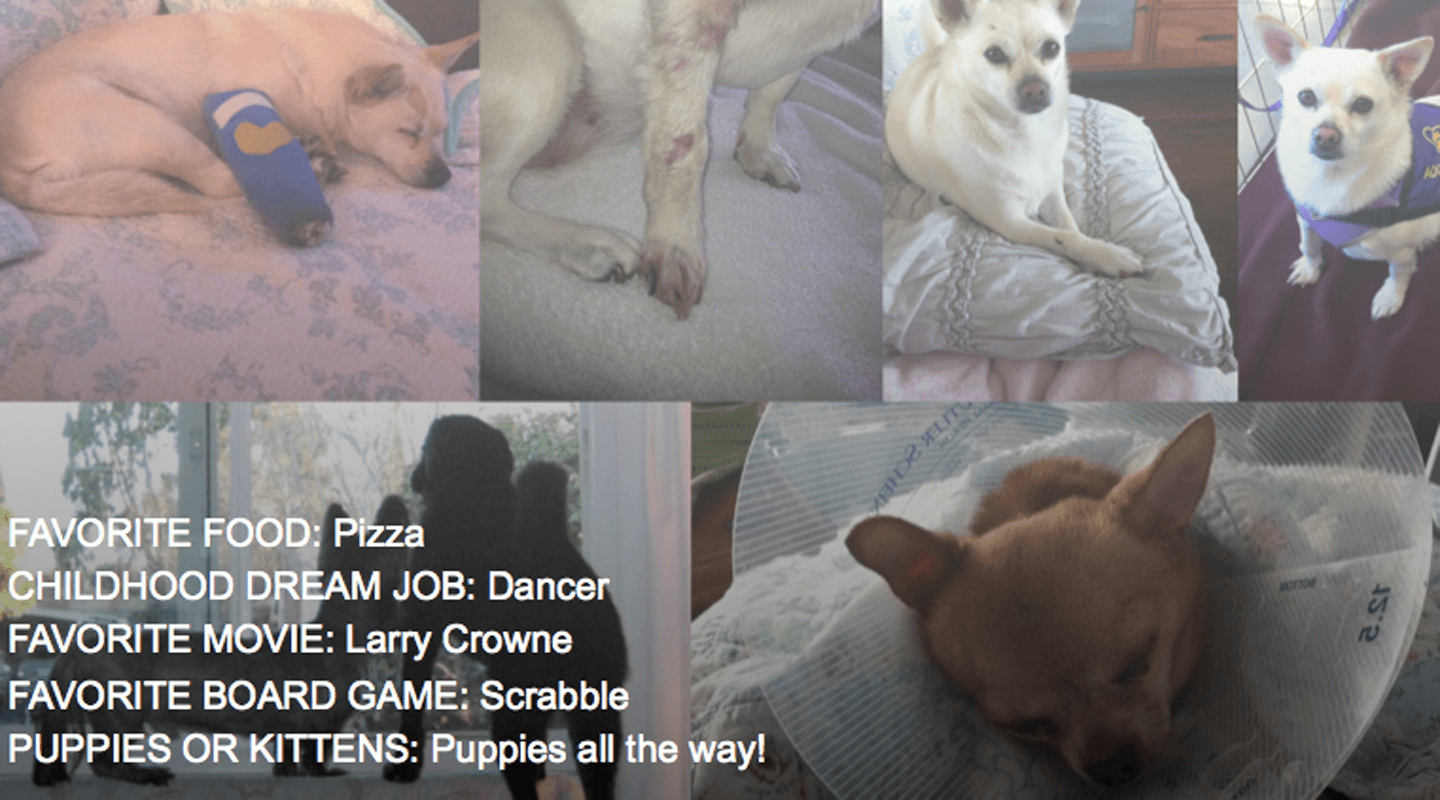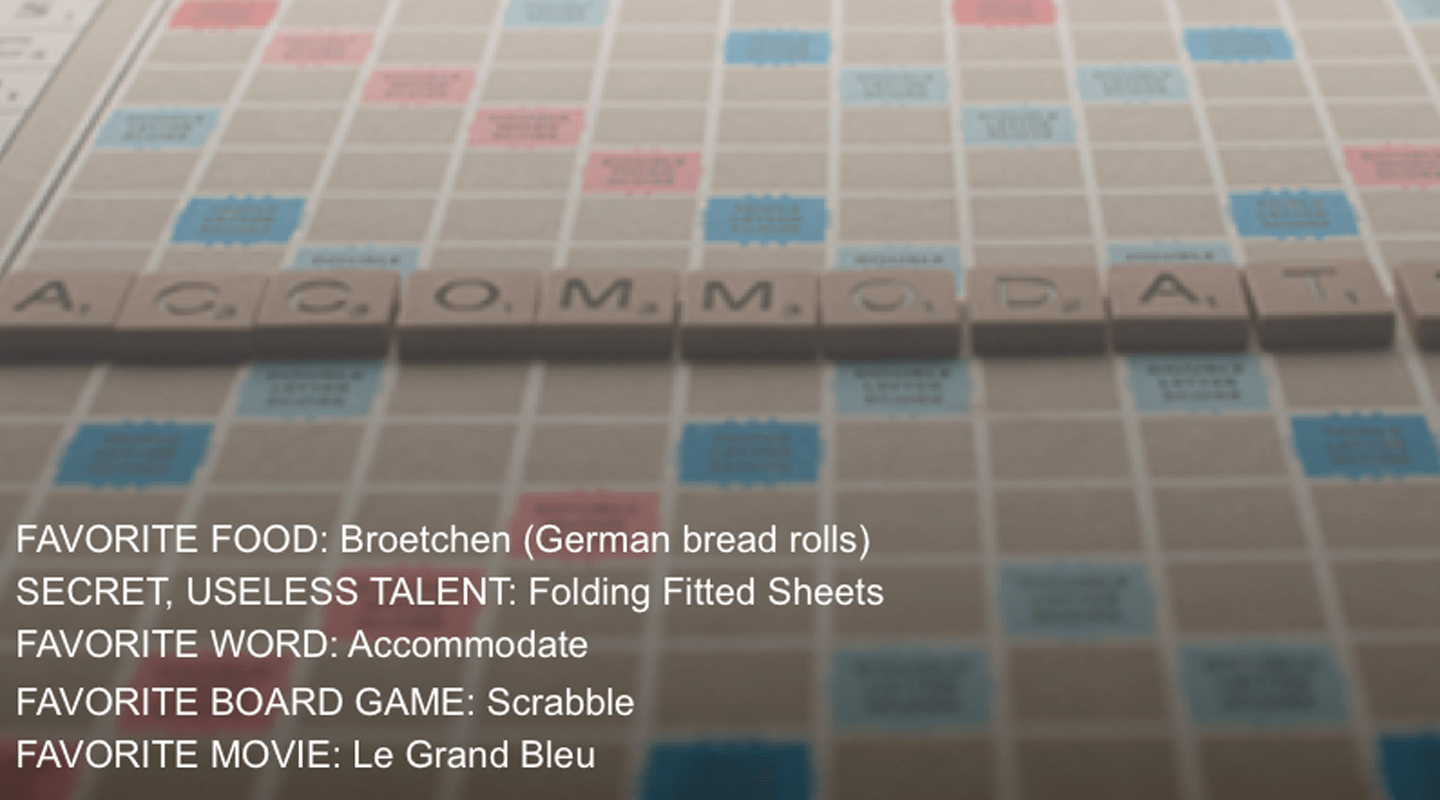
Doing the Deep Dive Into Data: Meet Sam Fintz
May Consultant of the Month
For data analyst Sam Fintz, working with numbers has always been a passion. After earning a degree in electrical engineering at Duke, he found roles that were part business and technical. Then, the field of data science started to heat up, and it piqued Sam’s curiosity. Consulting became the best way to use his prior experience to springboard into the field.
What type of work do you do?
I like to think of myself as an end-to-end data analyst: exploring, analyzing, and optimizing data. The data can be found in widely different sources – marketing, finance, product, operations, and customer service – and there’s a great need to understand it all to drive a business forward. I work with stakeholders to determine requirements and analyze the data in tools like Traditional SQL, Cloud-Based SQL (Google’s Big Query, Snowflake), R, Python, SAS, Excel, VBA, Tableau, Power BI, or Qlik.
Sam’s Keys to Success
- Following his passions
- Capitalizing on data industry demands
- Staying connected with colleagues
- Partnering with EM Marketing
- Having a robust workstation at home
What are your favorite analytics tools?
There are a huge number of analytics platforms available. My favorite is any new tool that I haven’t touched yet and can explore. Sometimes one tool connects to another so I want to understand how they work with each other, or learn how one does something better than the other.
Why did you decide to become a consultant? What path did you take to become a consultant?
Early in my career, I started out in a technically-oriented business capacity, working for semiconductor and software companies. I worked with architects, engineers, and technical people on the sales and customer side. I liked the business side of things, but I had to rely on someone else for the technical part.
About seven years ago, we were hearing a lot about how analytics was going to change our world. I didn’t know if I had enough technical skills or how to make that transition. I monitored job boards and connected with an agency that had an analytics consulting role at Electronic Arts. This was a perfect avenue to learn on the job and see how I liked it without making a long-term commitment.
The second challenge was how to make this more consistent and sustainable. I’ve always been very inquisitive, and I like to connect with people and seek things out. So I used LinkedIn to research areas I’m passionate about and where the data would be interesting.
At the time, Intuit Quicken was a target because I’ve always loved to manage my personal finances in a detailed way. In one of my outreaches to them, I got a hit and landed an interview. It reinforced that there was good demand for what I did. No matter what organization I talked to, some analytics was already going on, but there was still a need. The inflow of data and the need to understand it doesn’t let up, so the demand is always growing.
“[Consulting] was a perfect avenue to learn on the job and see how I liked it without making a long-term commitment.”
I got the Intuit project with Quickbooks Payments, and that’s how I met EM Marketing, because Intuit does not deal directly with contractors. I’ve been grateful for the partnership with Ken and EM because it allowed me to take consulting to the next level.
What was your favorite project to work on or work you are most proud of? Why?
I enjoyed working with PayPal in digital marketing, figuring out how to use massive amounts of data to efficiently spend advertising dollars in channels such as paid search and display advertising.
It opened up my eyes to a whole other realm of analytics that I’d only seen at a high level, and I was now able to get into it more deeply. When I got into it, I realized it’s intense. There were different tools, such as Google Analytics, DoubleClick Ad Server, Facebook Ads Manager, SalesForce, and VisualIQ Multitouch Attribution, and many elements to optimize. I liked it so much because it was fun work, and I was learning a lot and getting to dabble in new platforms and add them to my arsenal.
What has been your biggest challenge about being a consultant? How have you addressed it?
Early in my consulting career, the challenge was learning how to manage projects. I thought I would just take on one at a time. But then I felt beholden to it, knowing that it could end on the turn of a dime with a re-org or budget change. I wanted to figure out a way to manage multiple clients and set up some protection for my business.
That required a different mindset. I thought I always had to go into the client’s office to work and needed to find a way to divide up my presence at different sites to satisfy all clients at the same time.
With the guidance of fellow consultants and EM Marketing, I now know how to set boundaries for a project – what I’m hired to do and what hours I set up for that project, whether on site or not. Now, I’ve gotten to a place where I can manage two to three projects at a time, each at 10 to 20 hours per week.
 Tackling multiple clients in one workstation
Tackling multiple clients in one workstation
What do you love about consulting?
I love the learning that I get to do on the job. It’s much greater on the consulting side, as you engage in a wider variety of projects and encounter a lot of different business challenges. When you’re working at a company as a full-time employee, this may happen every five or 10 years. In consulting, new learning happens much more frequently.
I also love the ability to manage my own time. I’m my own boss in a lot of ways, even though I naturally have a lot of other bosses and stakeholders. I enjoy flexibility in scheduling and being able to manage things at home.
How do you market yourself?
I’m not doing any advertising. I don’t have a website, just my LinkedIn profile, where people can find me. Through LinkedIn or networking events, I make sure to keep my connections up to date, personally and professionally. I’ve reached out to people that I’ve established good relationships with, that I’ve grown to like, and who I look forward to working with again. People change jobs. When they go to a different company and realize, “Oh, I need someone like Sam,” it’s good to be top of mind.
Where do you work?
I’m mostly remote, working from my home office. I have a cockpit station with multiple laptops and corresponding monitors. Initially, I thought I could just use my own laptop for all the projects, but with analytics, there’s so much setup that’s specific to a client. So it works better when each client provides me with a laptop. Thankfully, I also have a TV in my office to watch during my breaks.
What are the things you like to do when the work slows down?
I don’t have many slowdowns unless I purposely take a vacation or get together with friends or family. Otherwise, I like to stay active with sports. I’m a big fan of competitive sports, and I like playing ping pong, basketball, and tennis. It keeps my adrenaline going.
Naturally, I love being able to spend time with family and watch my daughters grow up. There’s always a new thing going on, whether it be the kids’ musical or a new sport or another activity.
What’s one tip you would give to new consultants?
Consulting is different from a regular job. It takes a little bit of practice. Look at it as a way to explore your mind, to branch out into areas that you’re passionate about. The key is to think about what you like doing and where you can have an impact.
